In the world of circuits, connectors are the unsung heroes of ensuring seamless and reliable connections. Among the many connectors available, RS series connectors stand out for their sophisticated design and versatility in handling a wide range of currents. Similar to the RS series, the PC series connectors are compliant with Russian standards and are widely used in indoor installations. In this article, we will explore the features and applications of these connectors, revealing their many uses in different industries.
RS Series Connectors
The RS series connectors are cylindrical low-frequency connectors meticulously designed for use in electrical circuits handling direct, alternating (up to 3 MHz), and pulse currents. Specifically crafted for indoor installation, RS connectors are comprised of hermetically sealed or non-sealed panel-mounted plugs and non-sealed panel-mounted or cable-mounted sockets.
The coupling mechanisms vary between the RSGATV, RSGTV, RSATV, RSTV plugs, which feature threaded couplings, and the RSGBATV, RSGBTV, RSBATV, RSBTV plugs, which utilize cut-in couplings. The shells are uniquely polarized with a single key. RS connectors are available in configurations without a casing or with a metal or plastic casing. Notably, contact plating differs: RSGATV, RSGBATV, RSBATV, RSATV feature gold plating, while RSGTV, RSGBTV, RSBTV, RSTV are silver-plated.
PC Series Connectors: Analogues of RS Series
The PC series connectors serve as the analogues of the RS series connectors, adhering to Russian standards and finding wide application for indoor installations. Like their RS counterparts, PC connectors come in yellow or green electrical connector housings. Characterized by robust threaded articulation, compact dimensions, and lightweight construction, PC connectors are extensively used in electromechanical connections across DC, AC, and pulse current circuits. Sealed cable plugs are an option for internal use, and polarization of the connector housings is single-keyed.
The connector is certified with protection degree 50 according to the IP standard. The connector is mounted on the unit using a mounting flange. The number of installed contacts is from 4pins to 50pins, the contacts are pin, for soldering the wire. The connectors are connected by a threaded joint. In terms of electrical characteristics, the connector has a contact resistance of <5MΩ and an insulation resistance of <3000MΩ. The working voltage of the connector can reach up to 250V, and the possible rated current is 5A. The tested operating temperature of the connector is -55~+125°C. It always named by its pin numbers, such as PC4TB, PC7TB, PC10TB, PC19TB, PC32TB, and PC50TB.
Application
The versatility of the PC-19 connector within the PC series extends to connecting small-sized sensors, electronic equipment, cables, multi diagnostic scanners, diagnostic tools, instruments, automotive diagnostic equipment, and more. Its applications span various industries, including the industrial sector, VAG diagnostic tools, auto code readers, and various automotive maintenance tools such as break-out boxes.
For further details, feel free to contact with us at: [email protected]

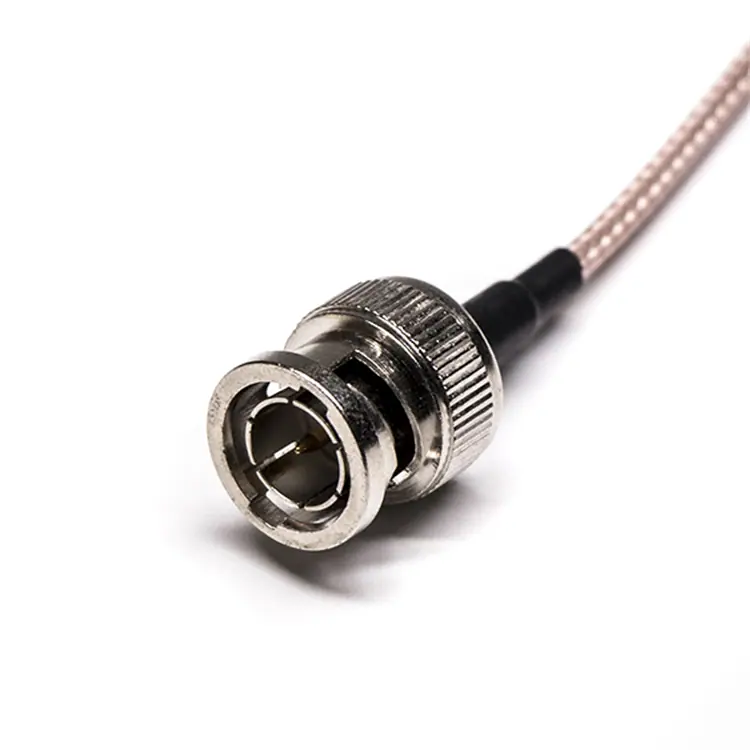
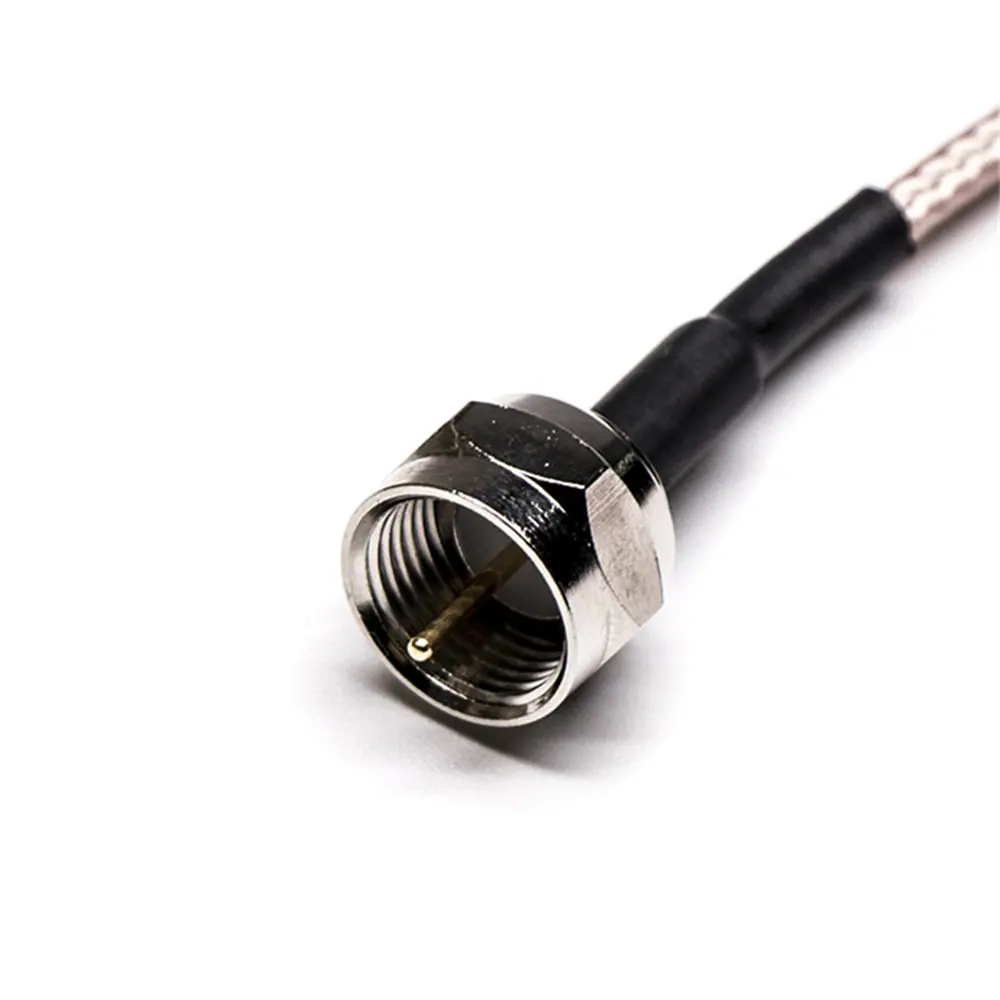
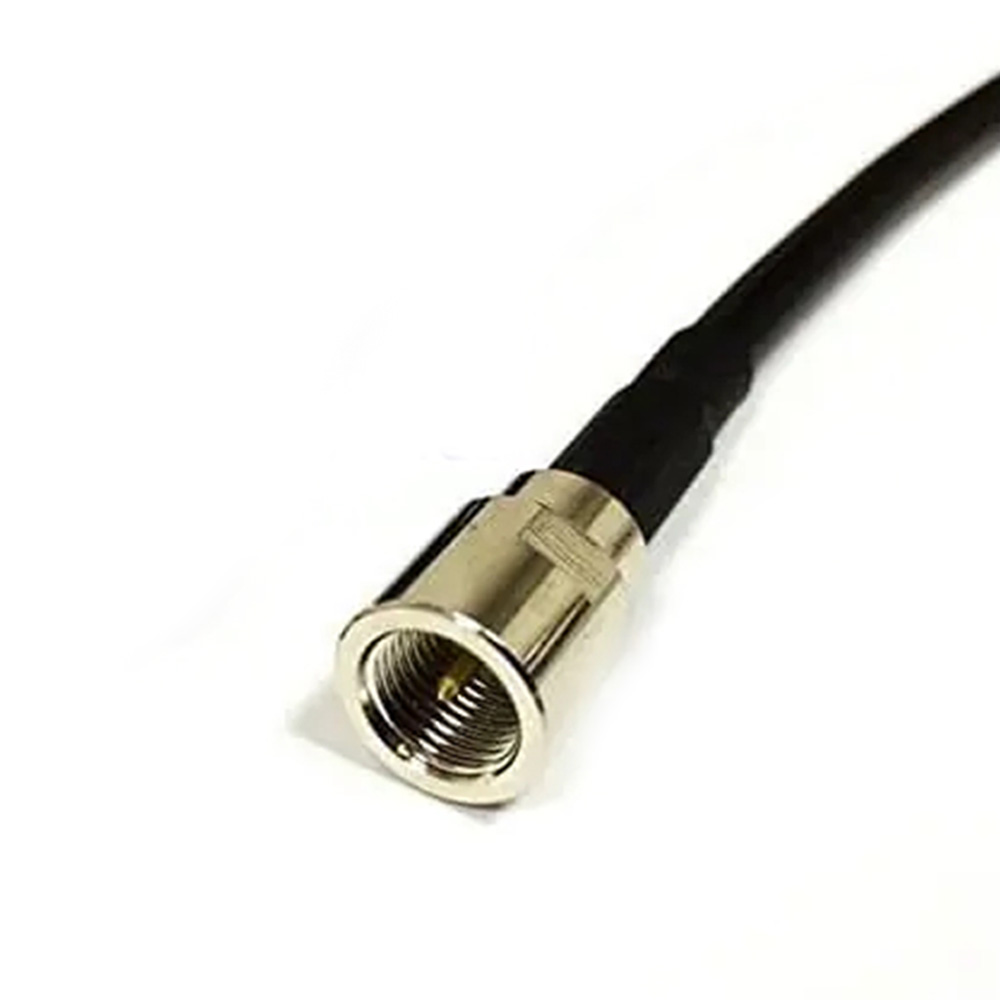
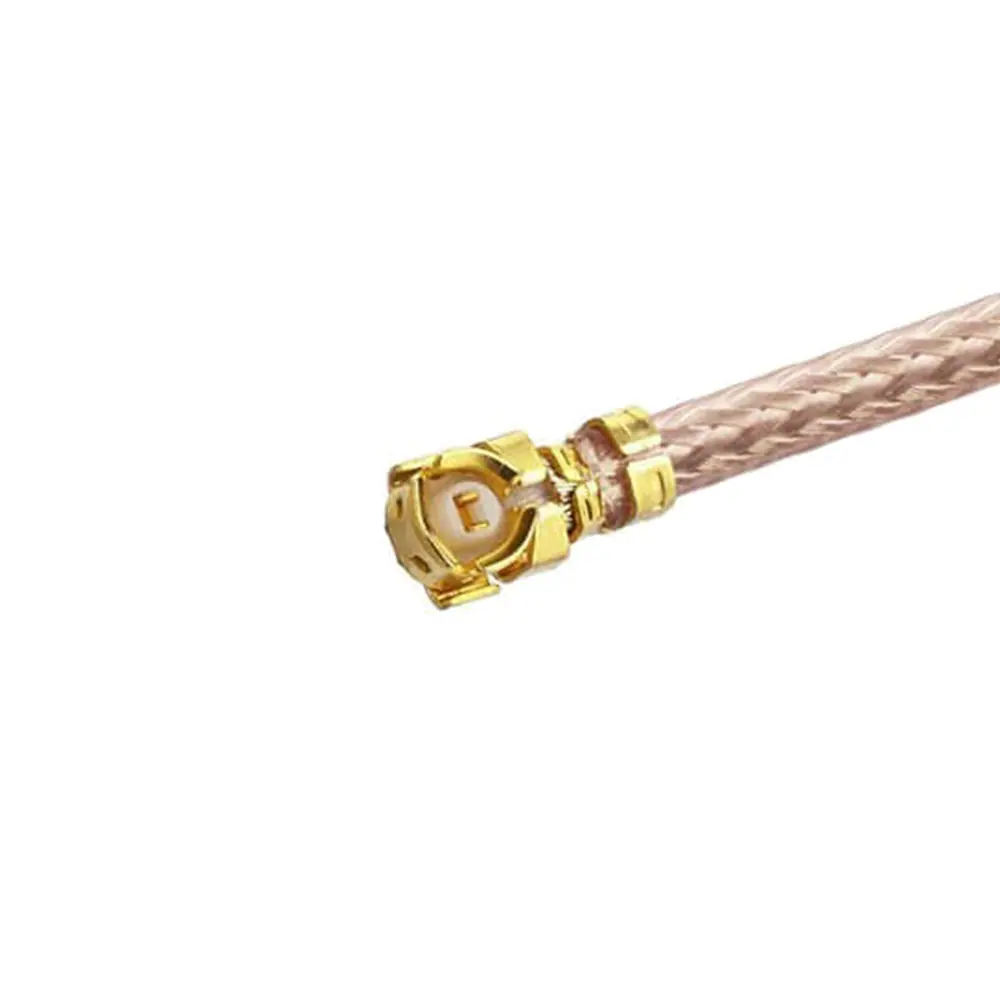
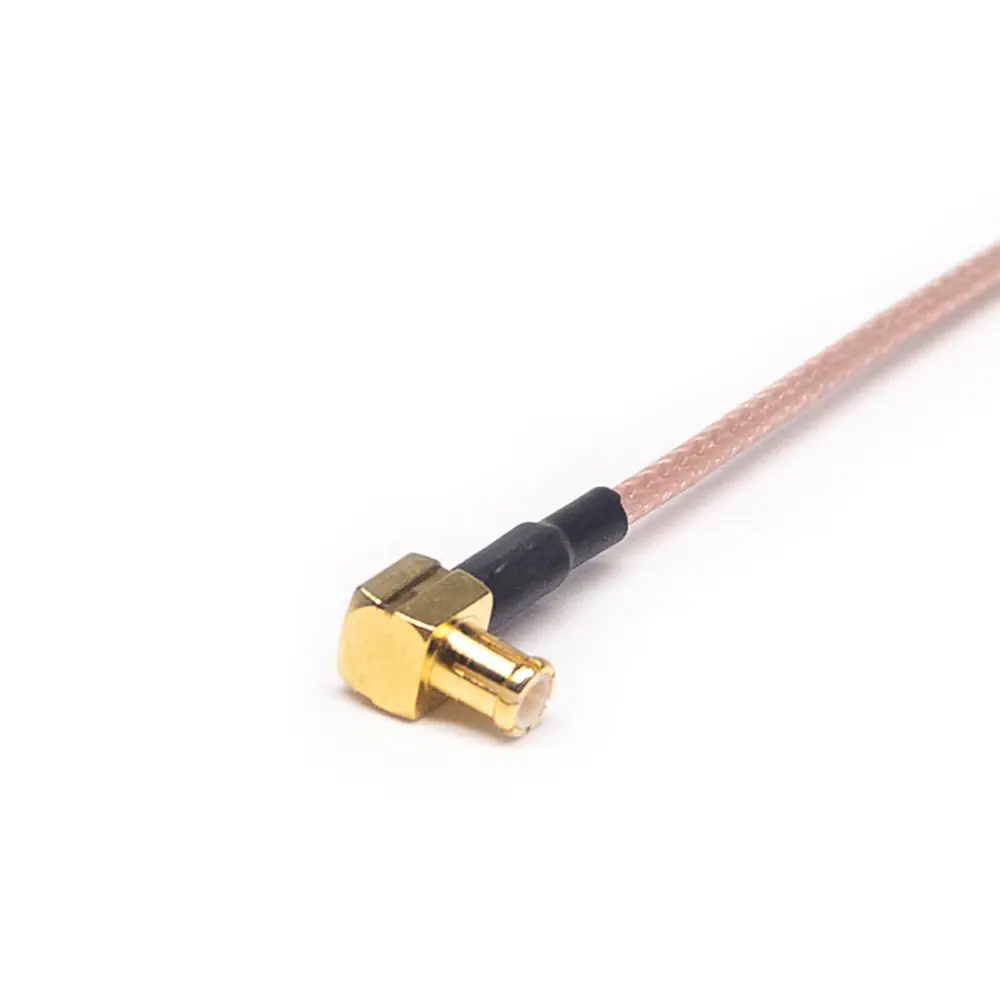
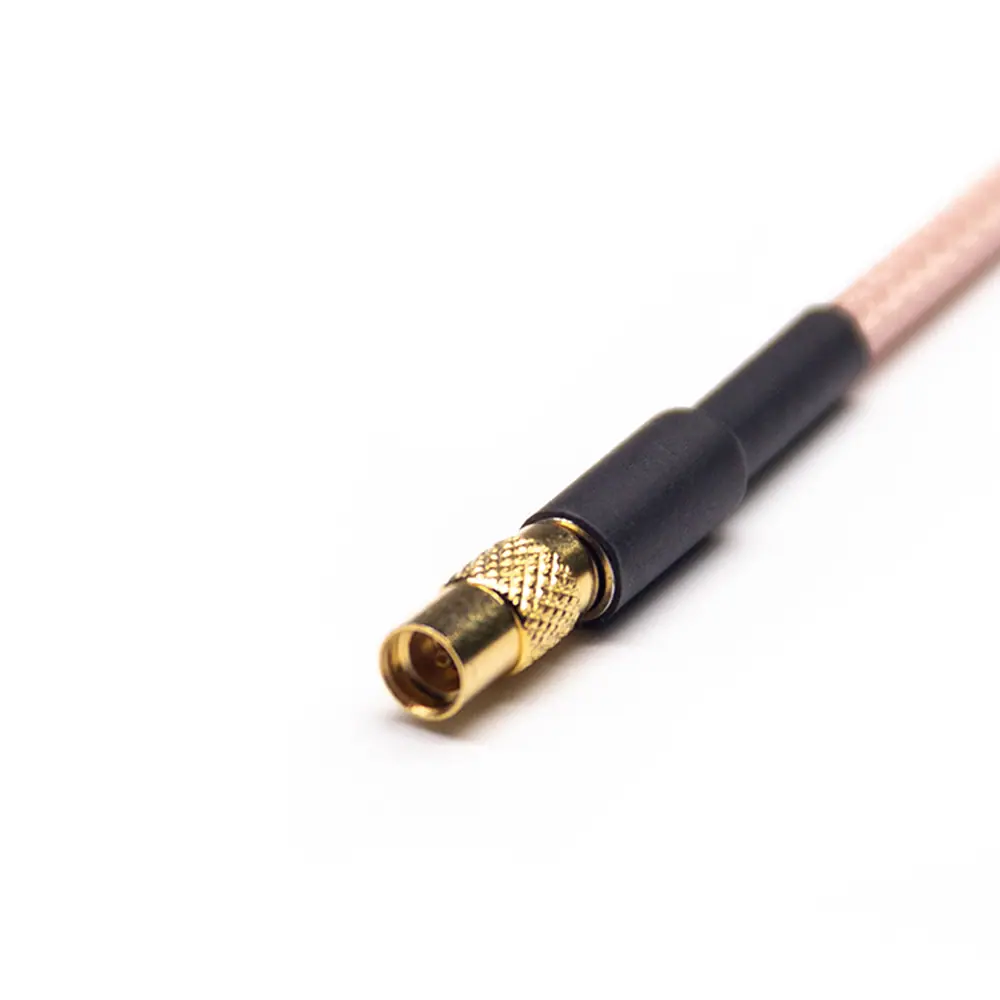
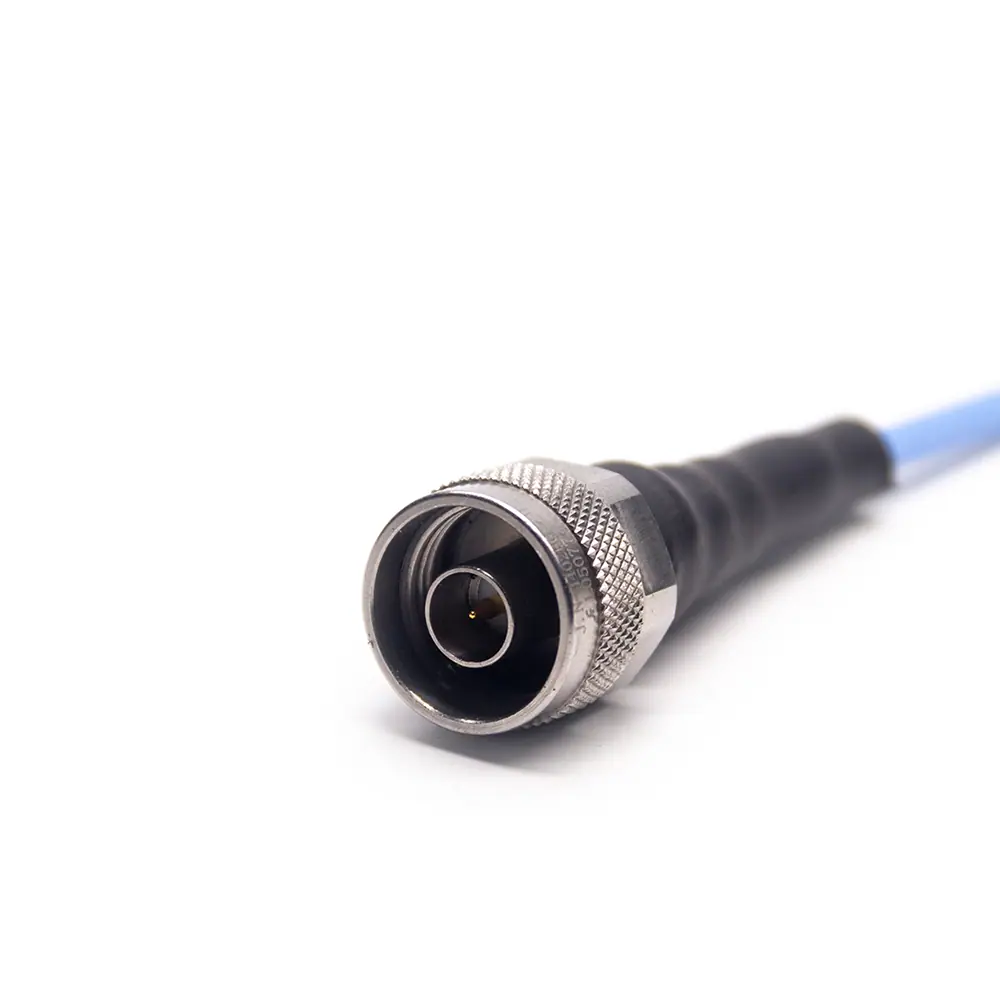
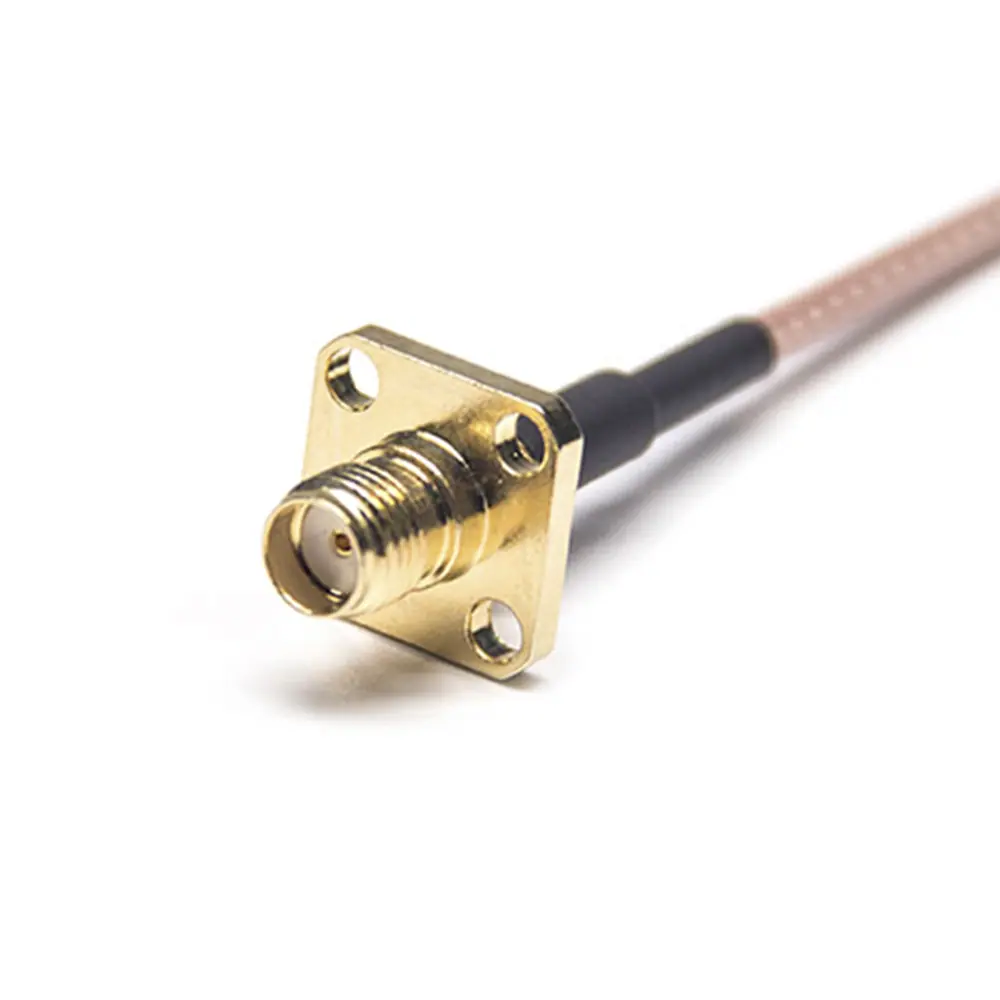
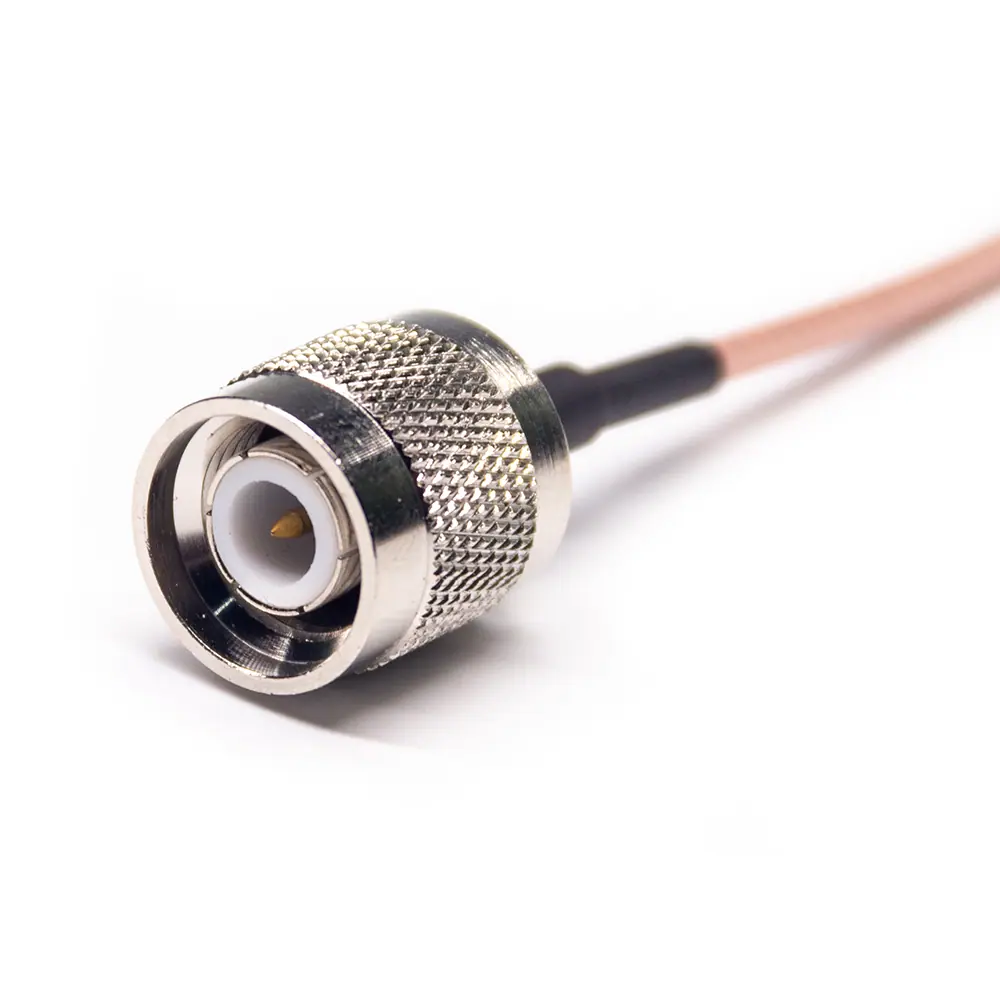
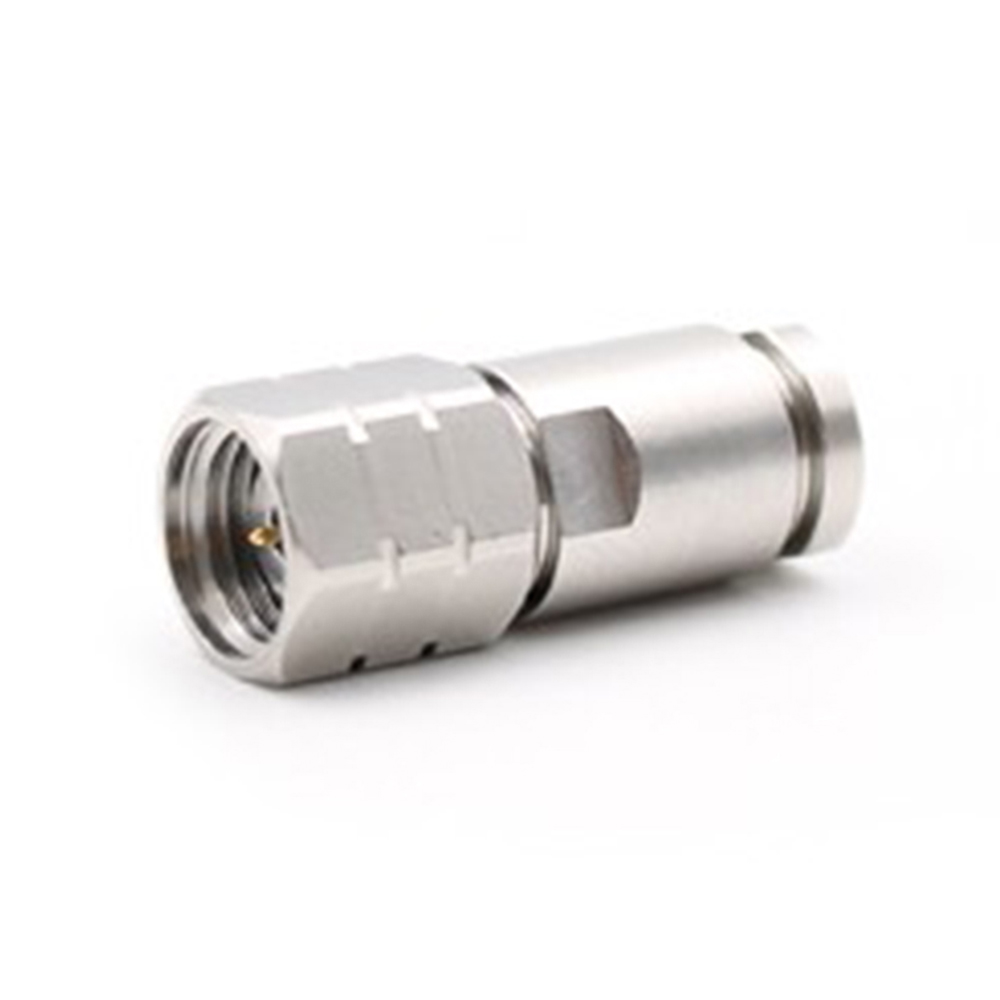
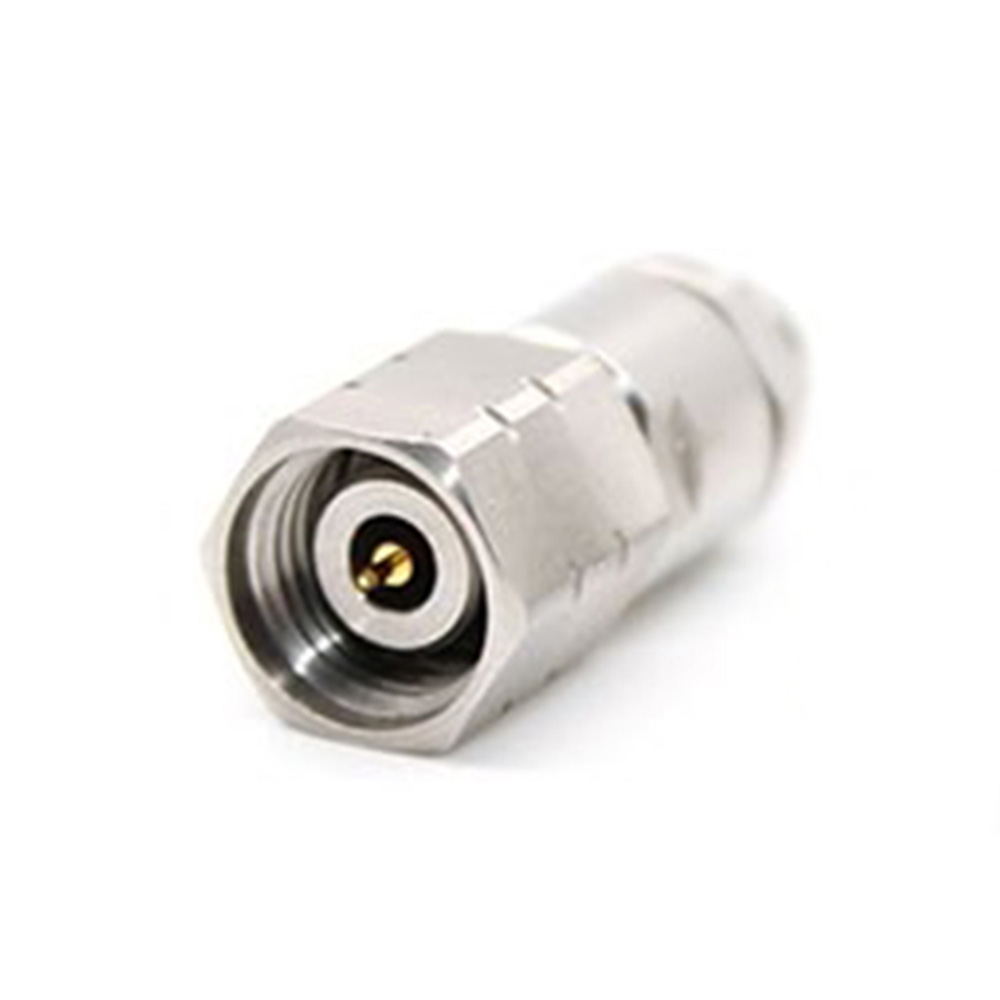
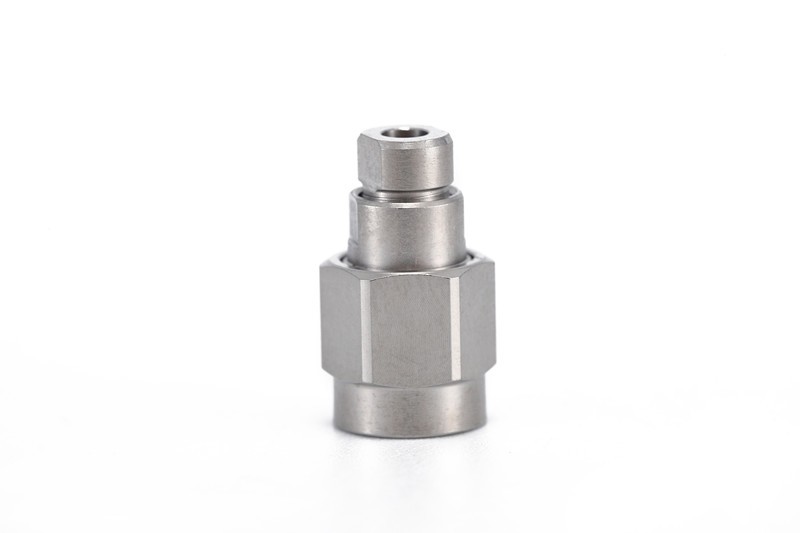
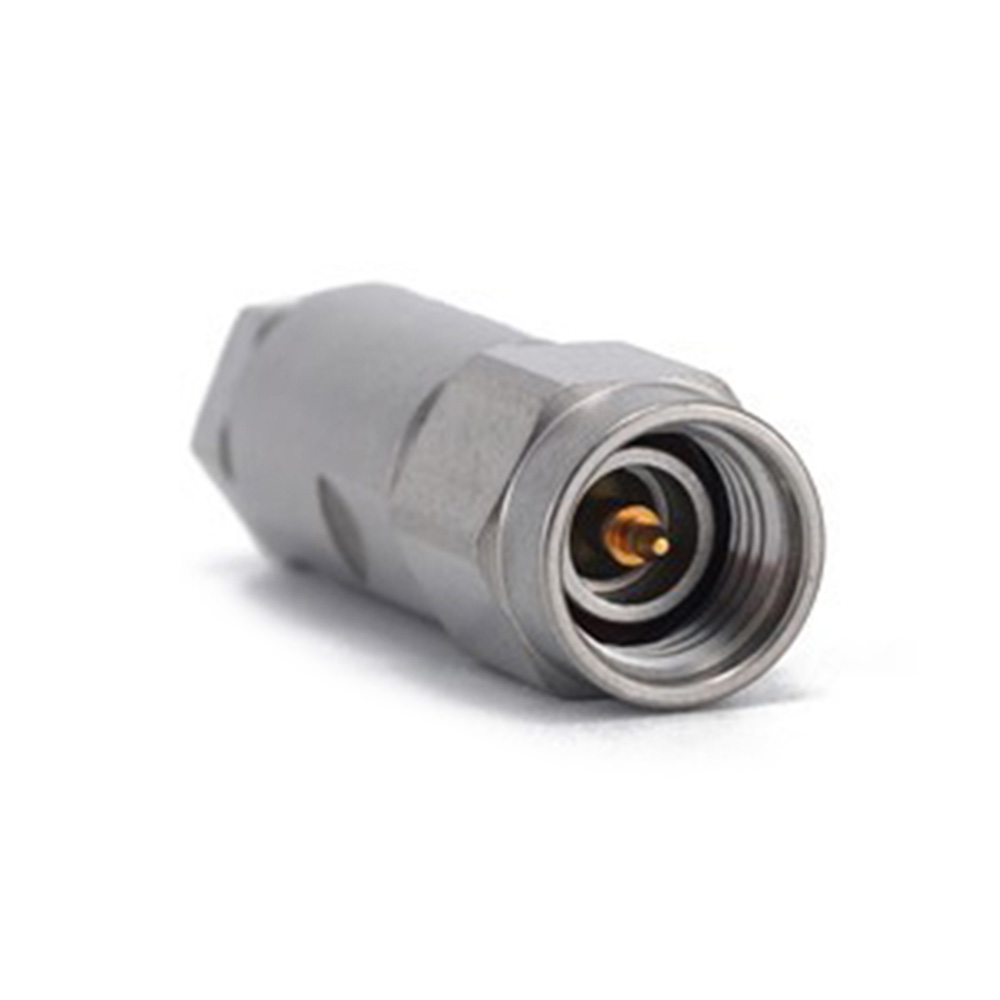
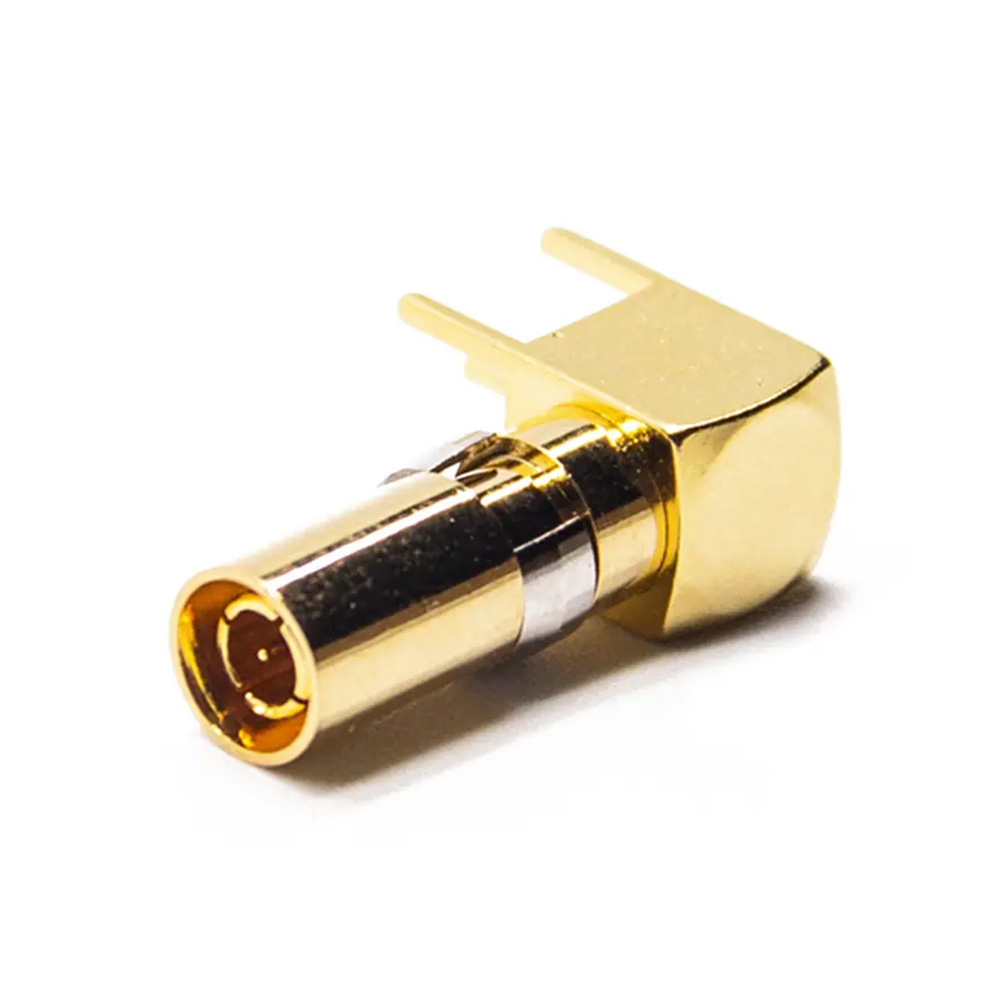
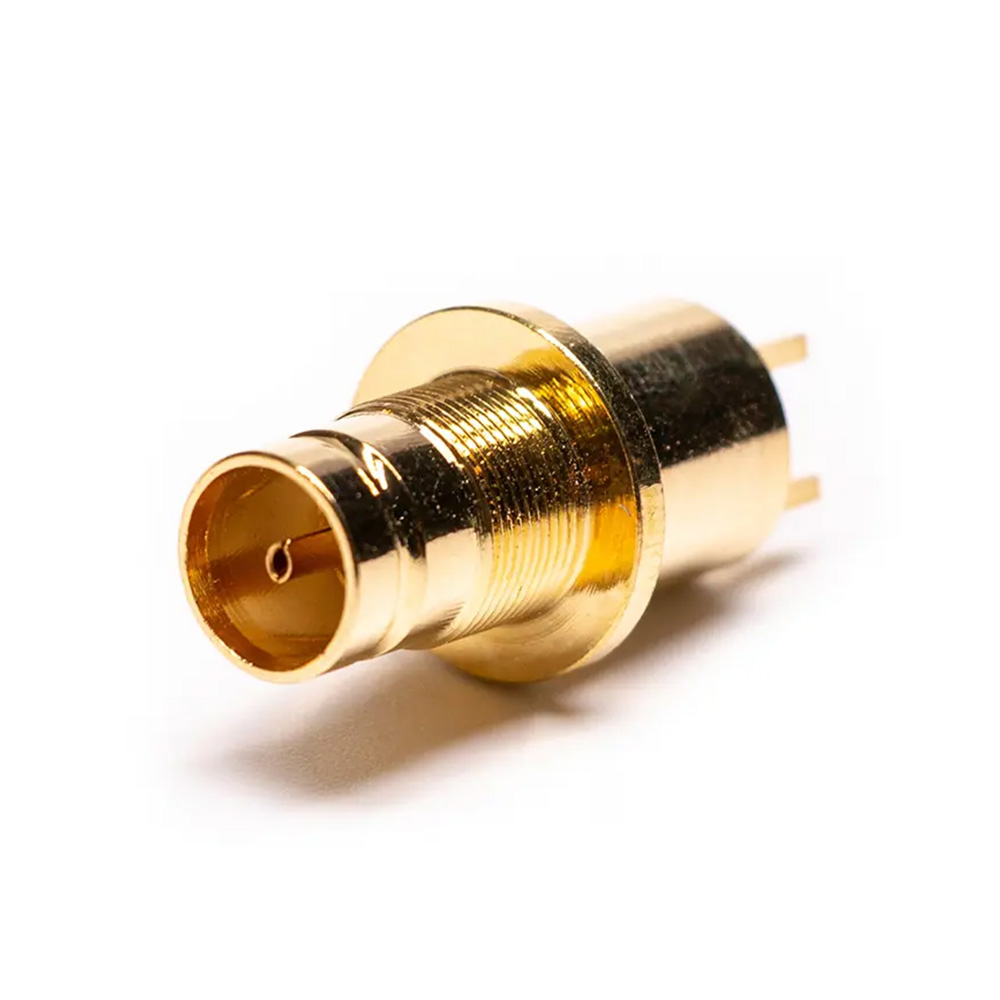
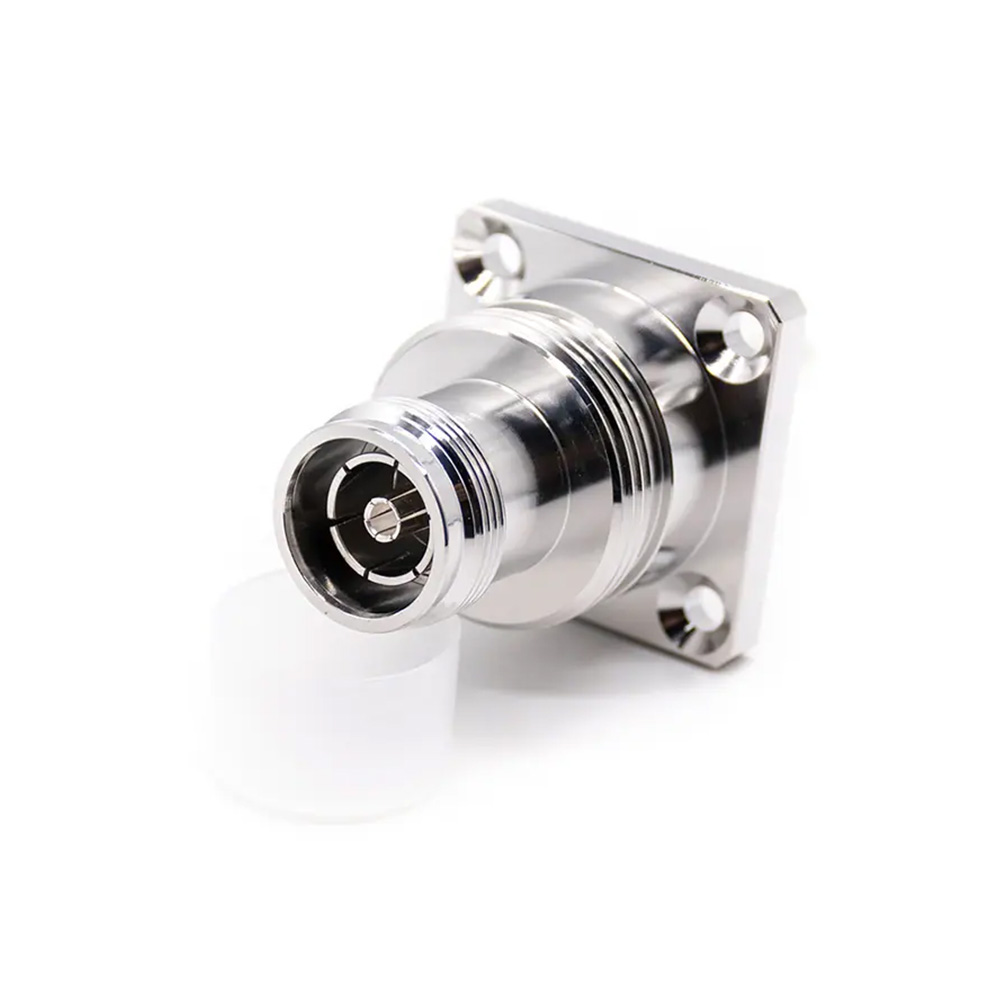

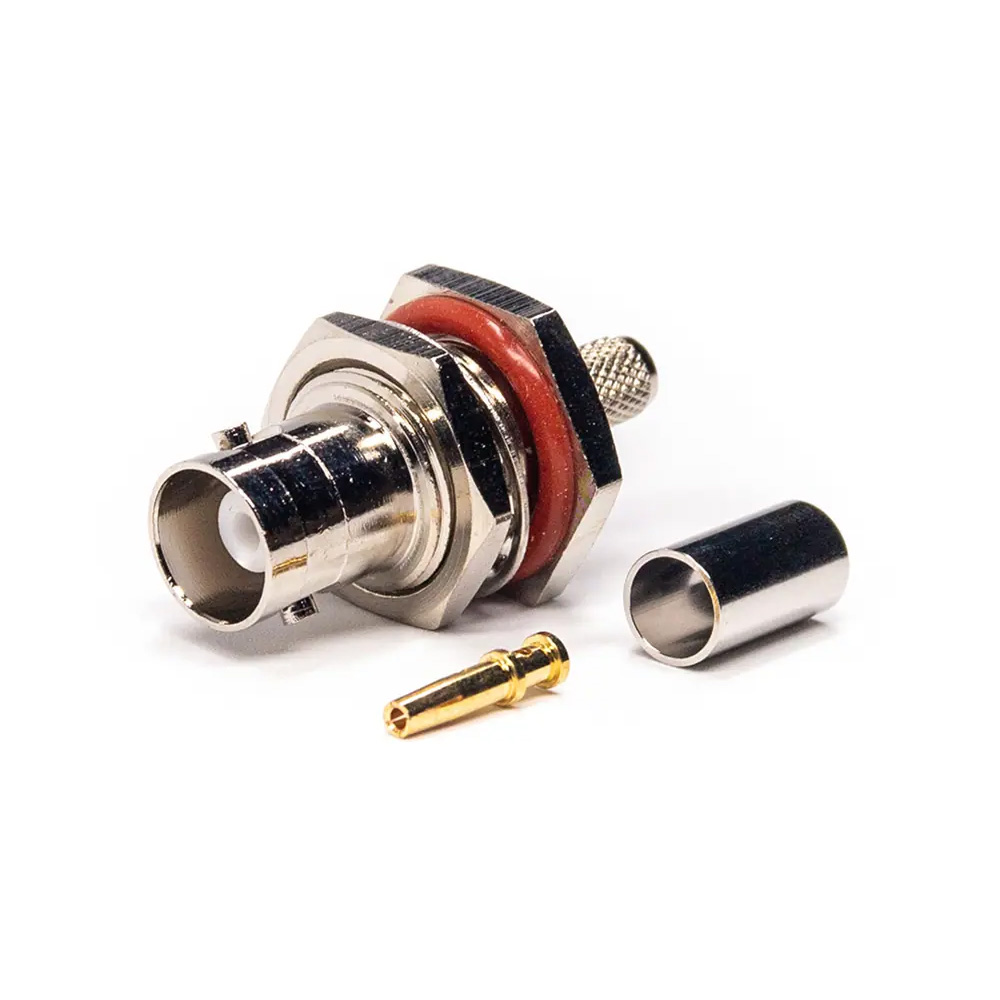
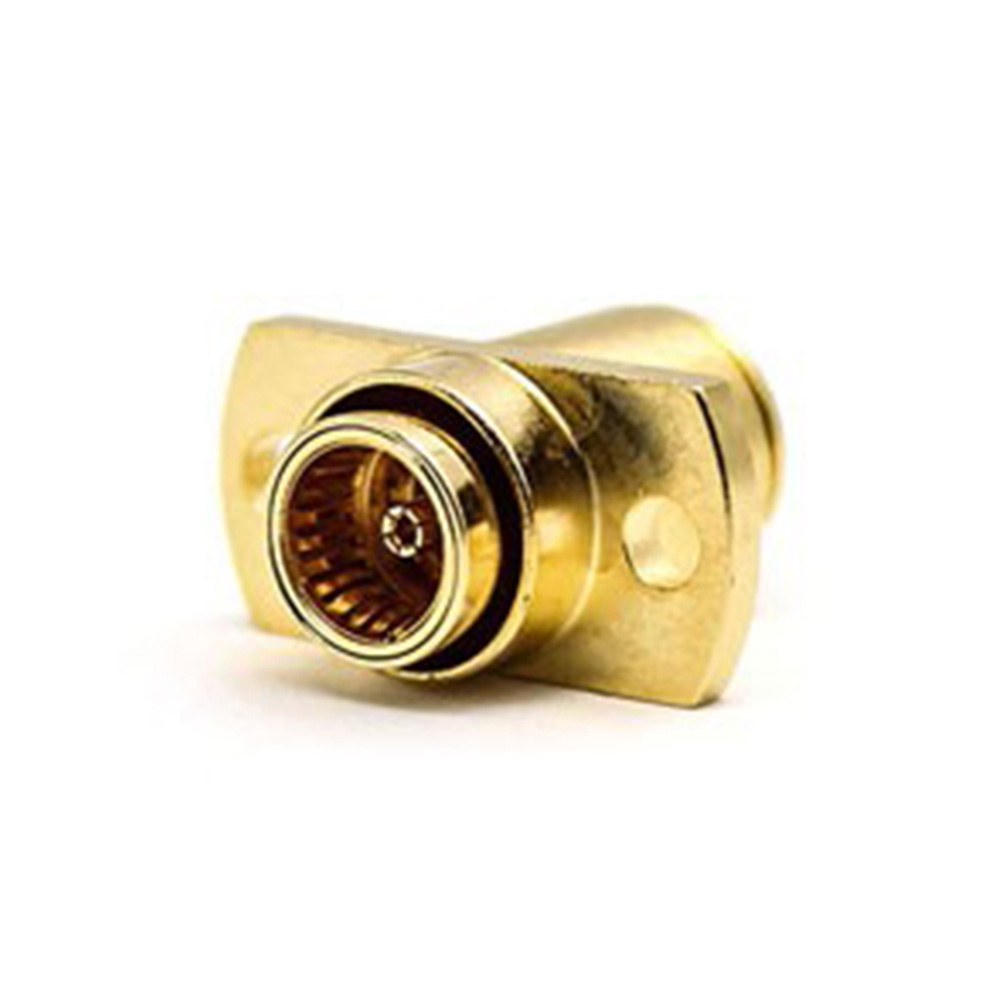
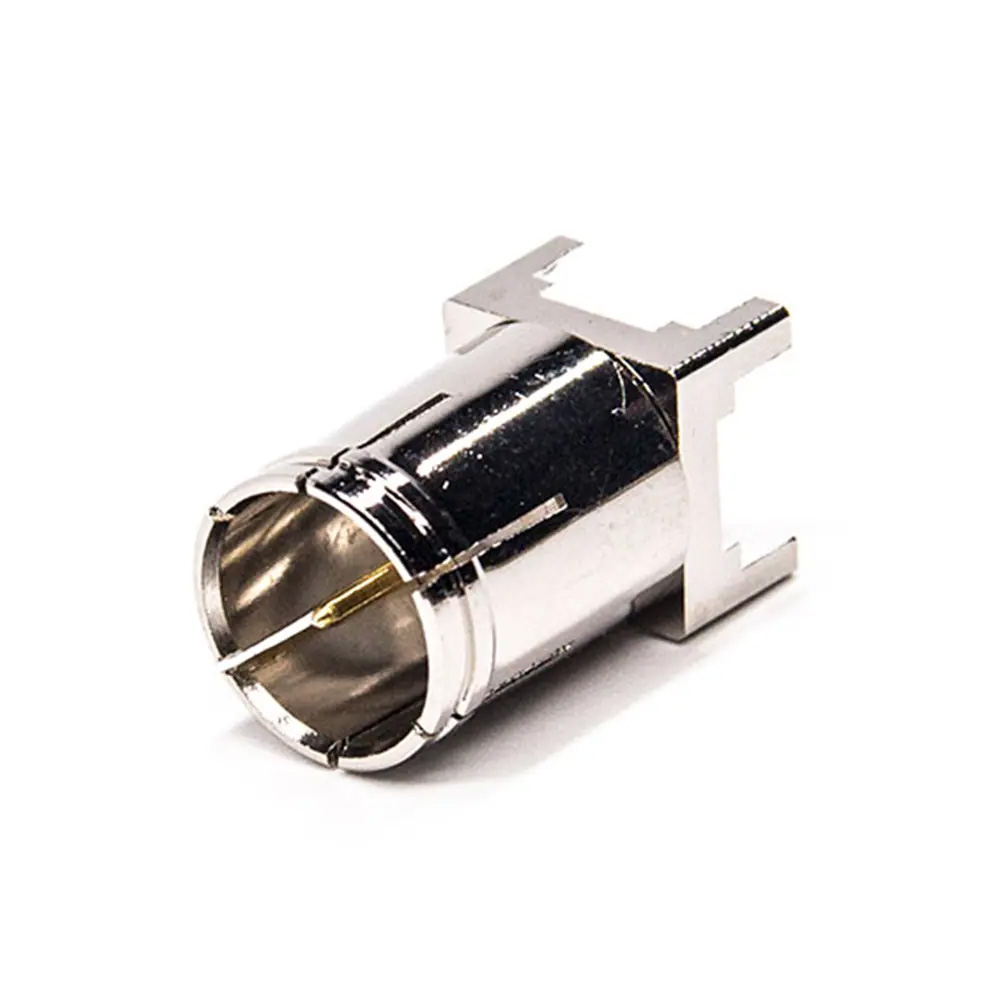
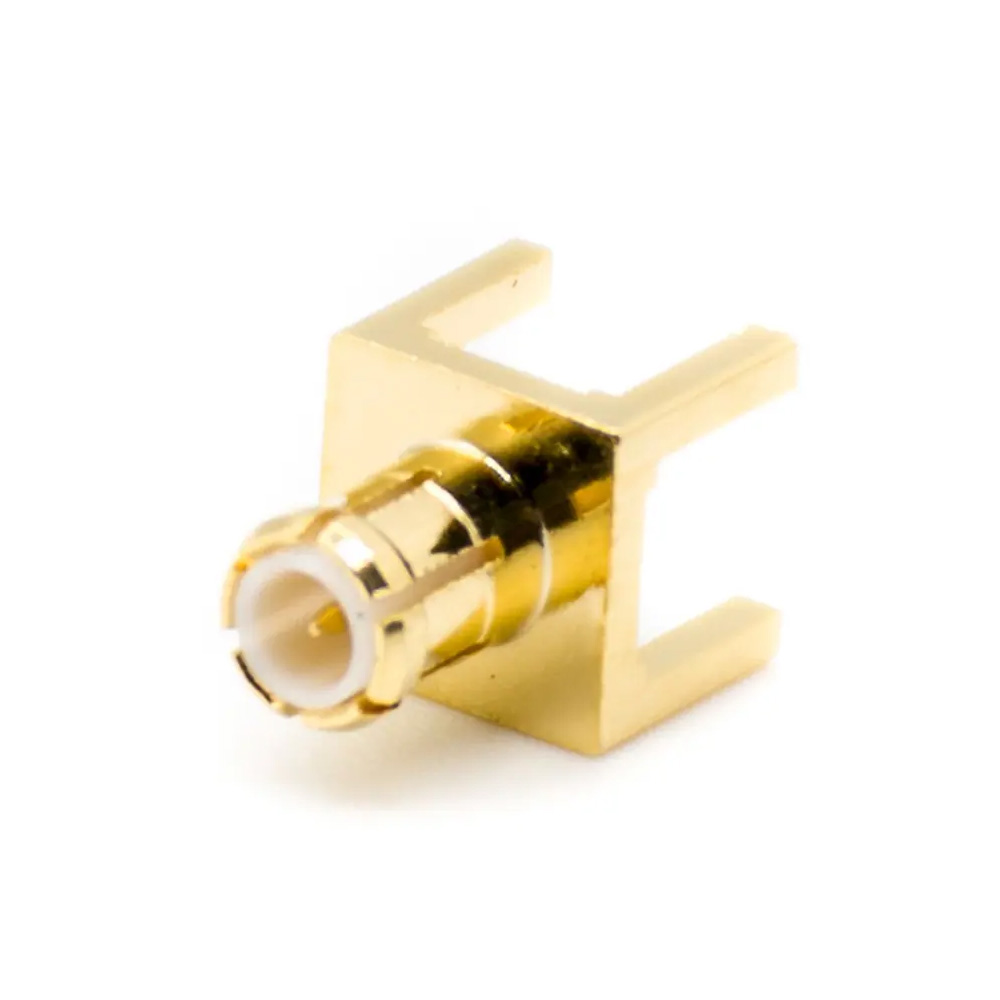
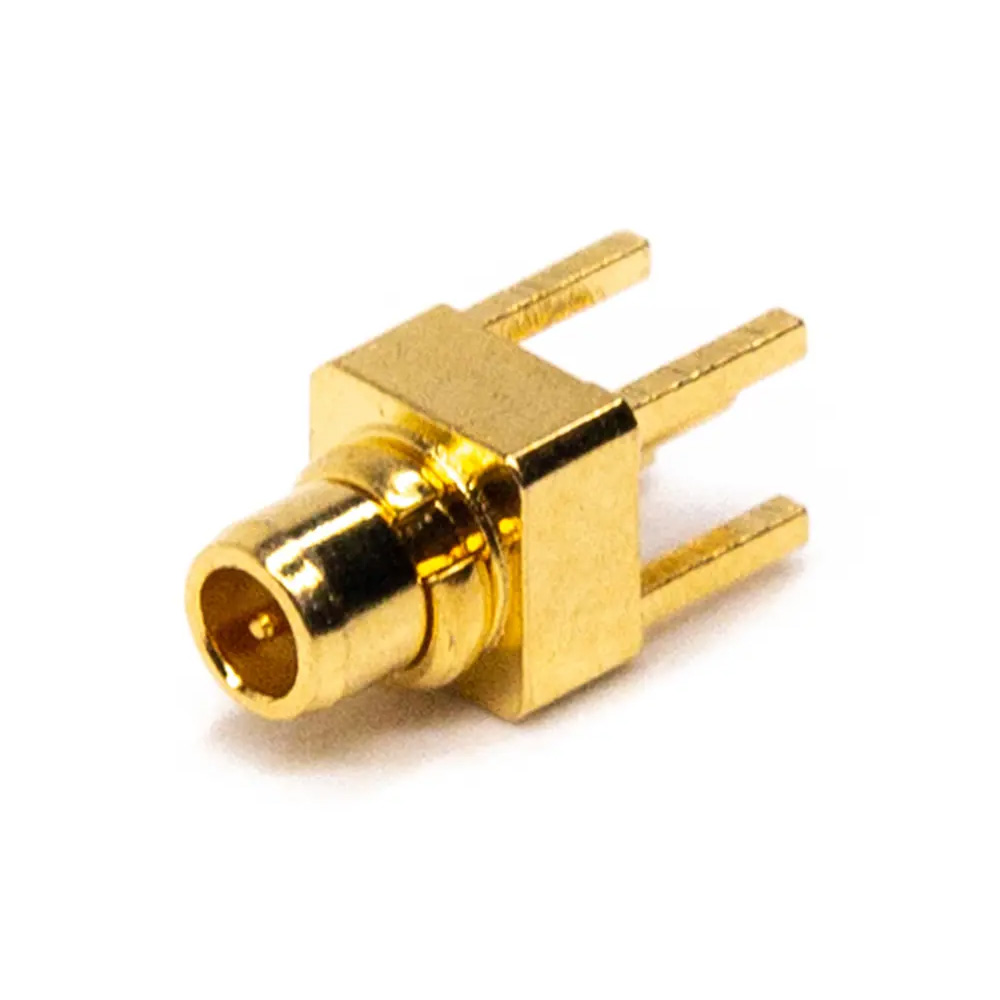
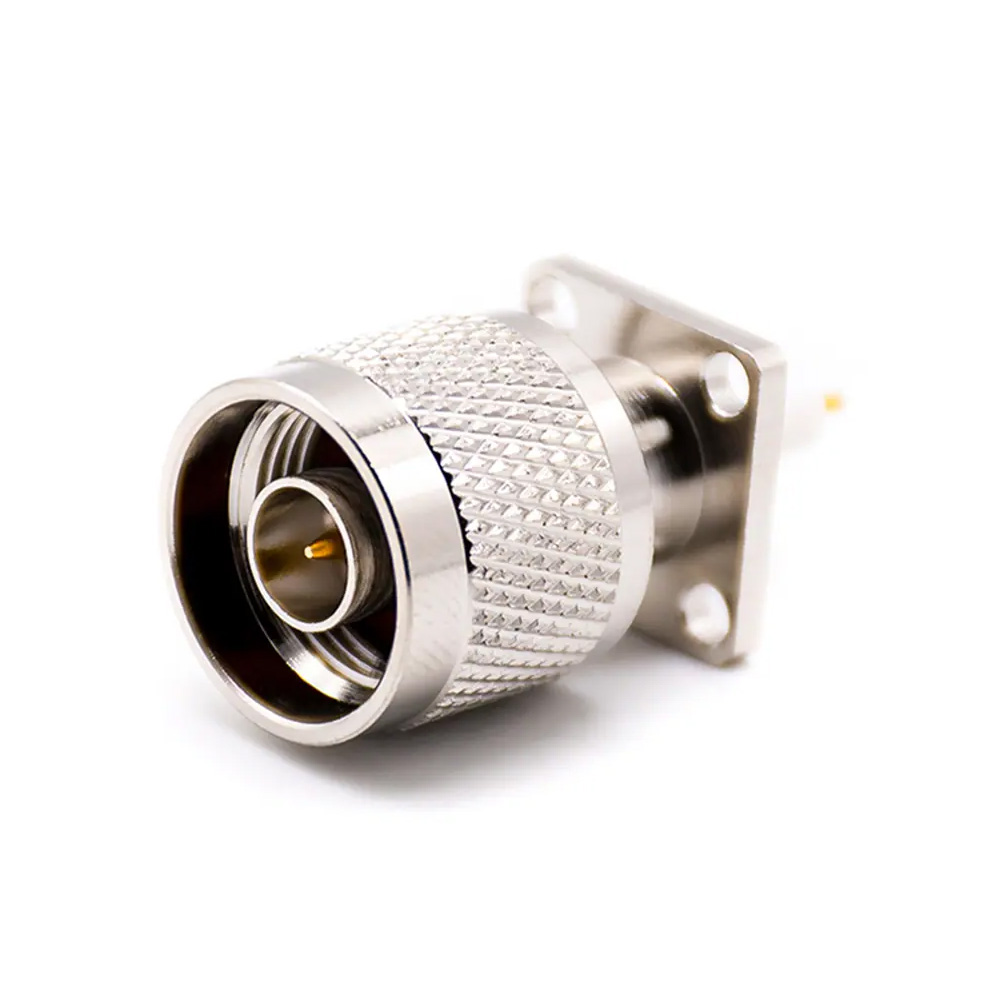
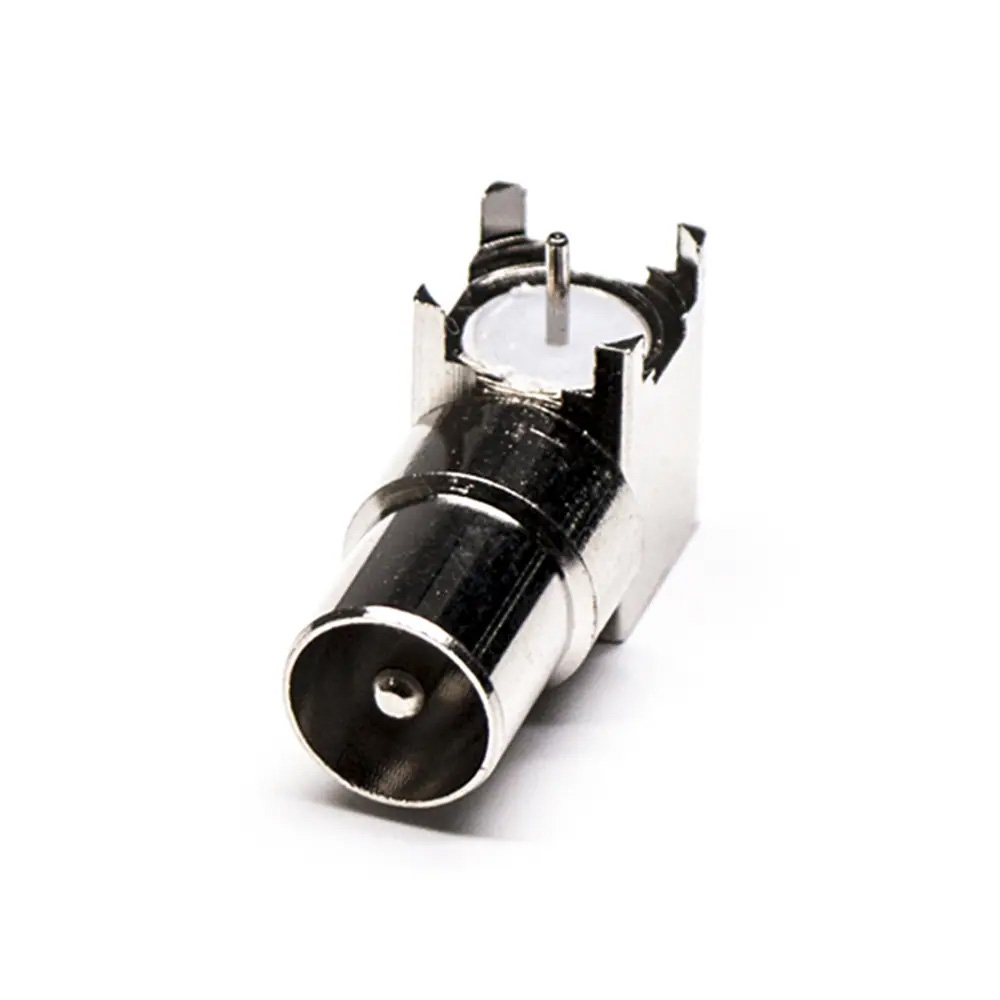
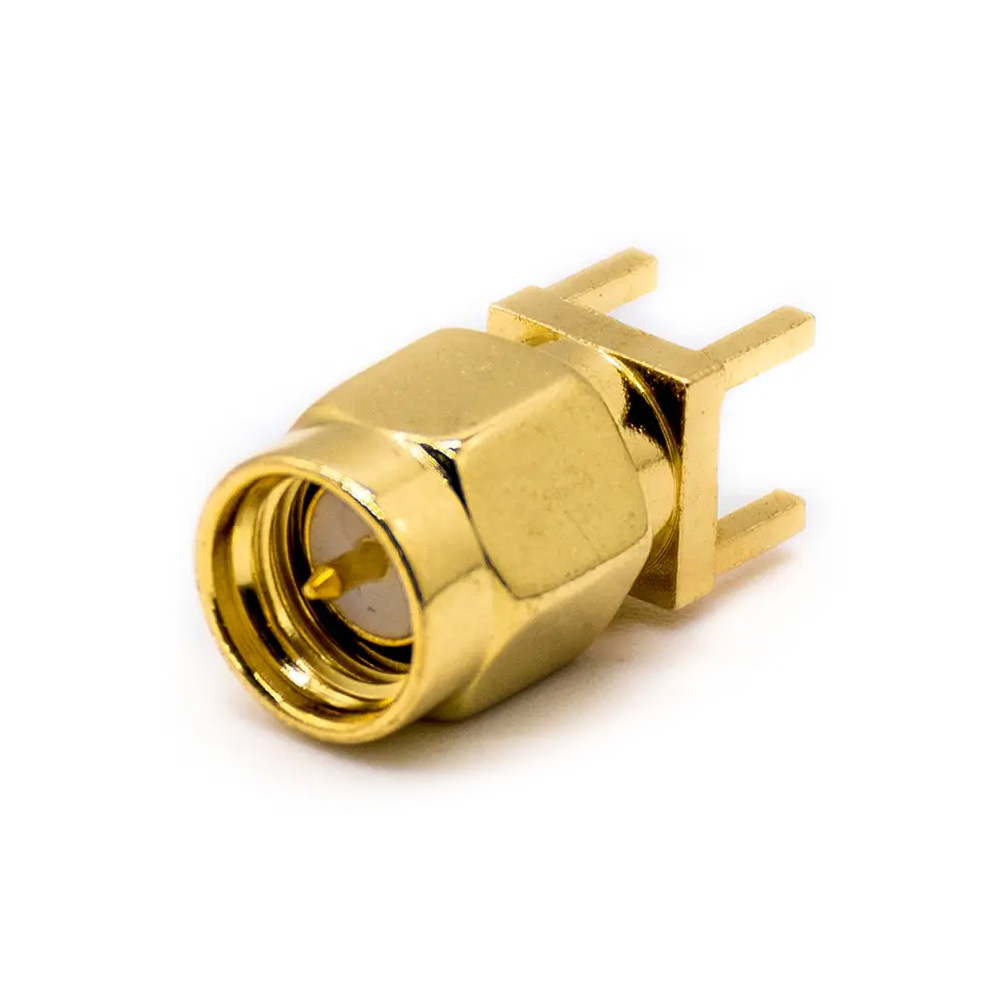
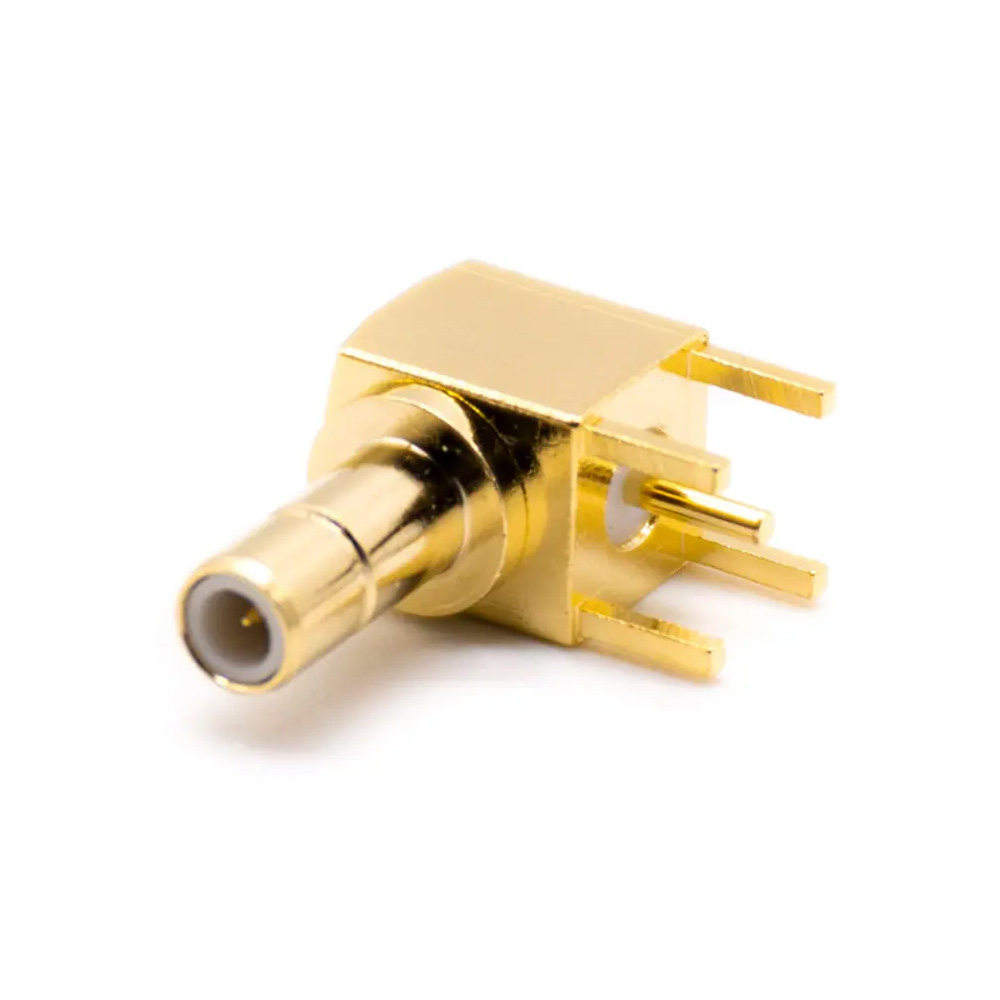
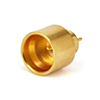
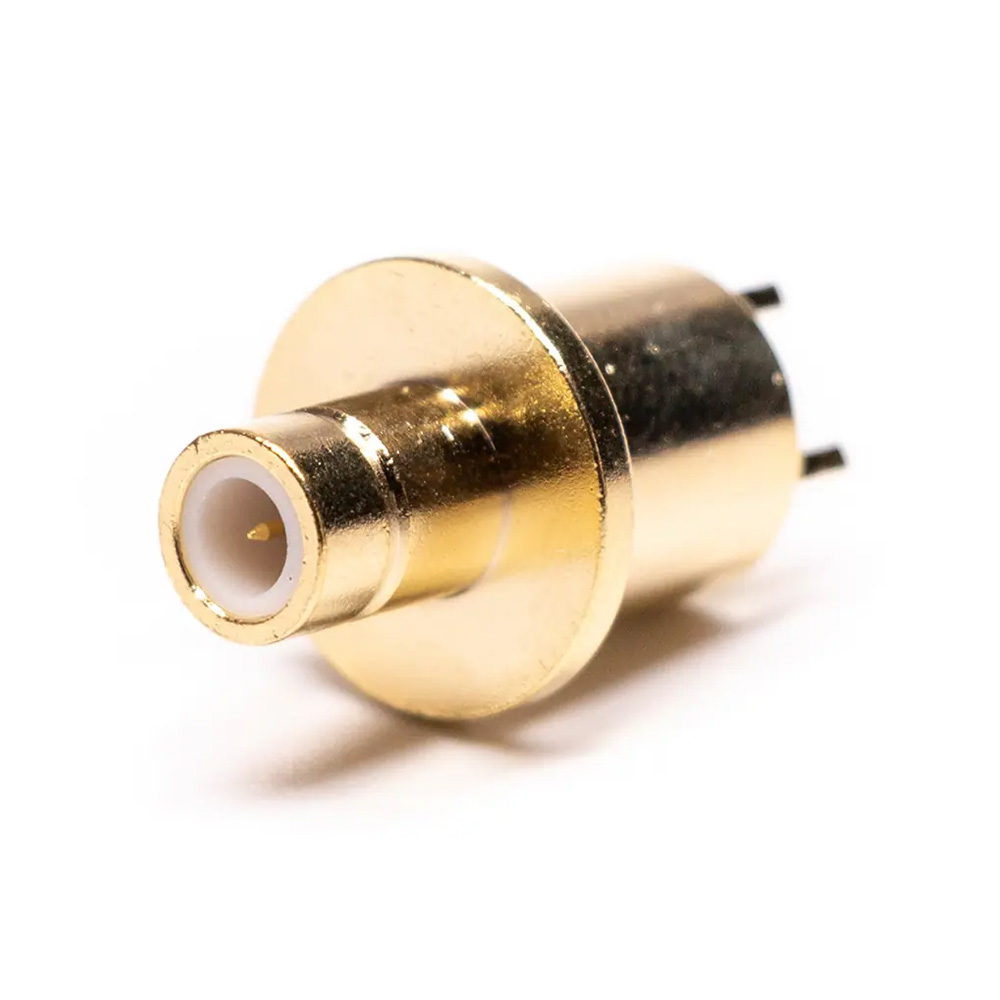
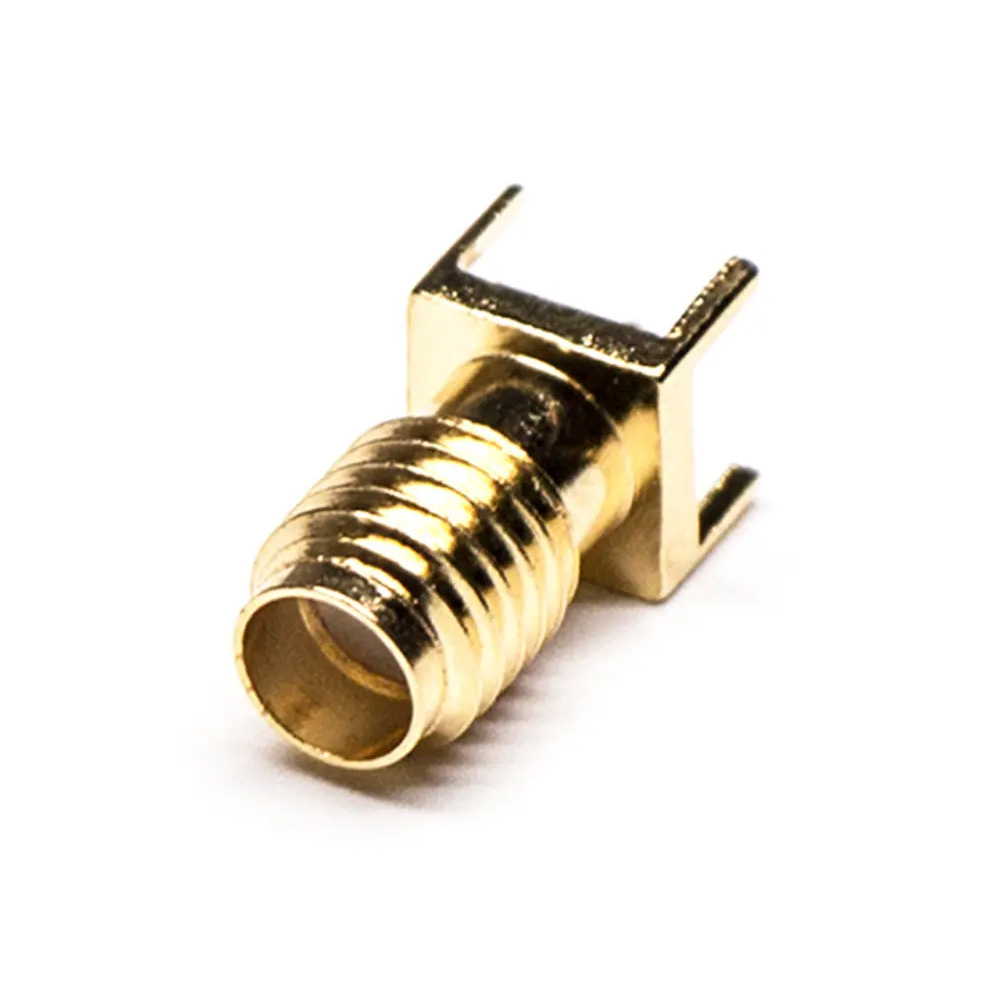
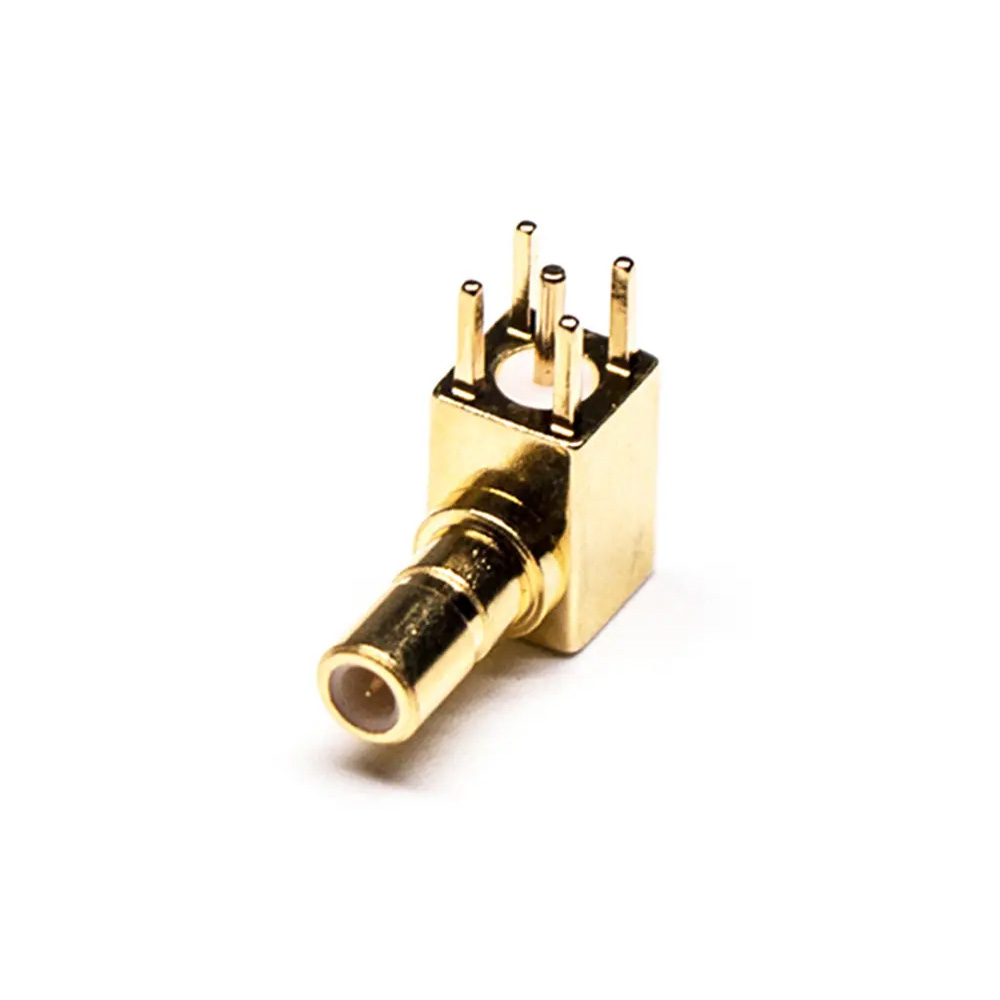
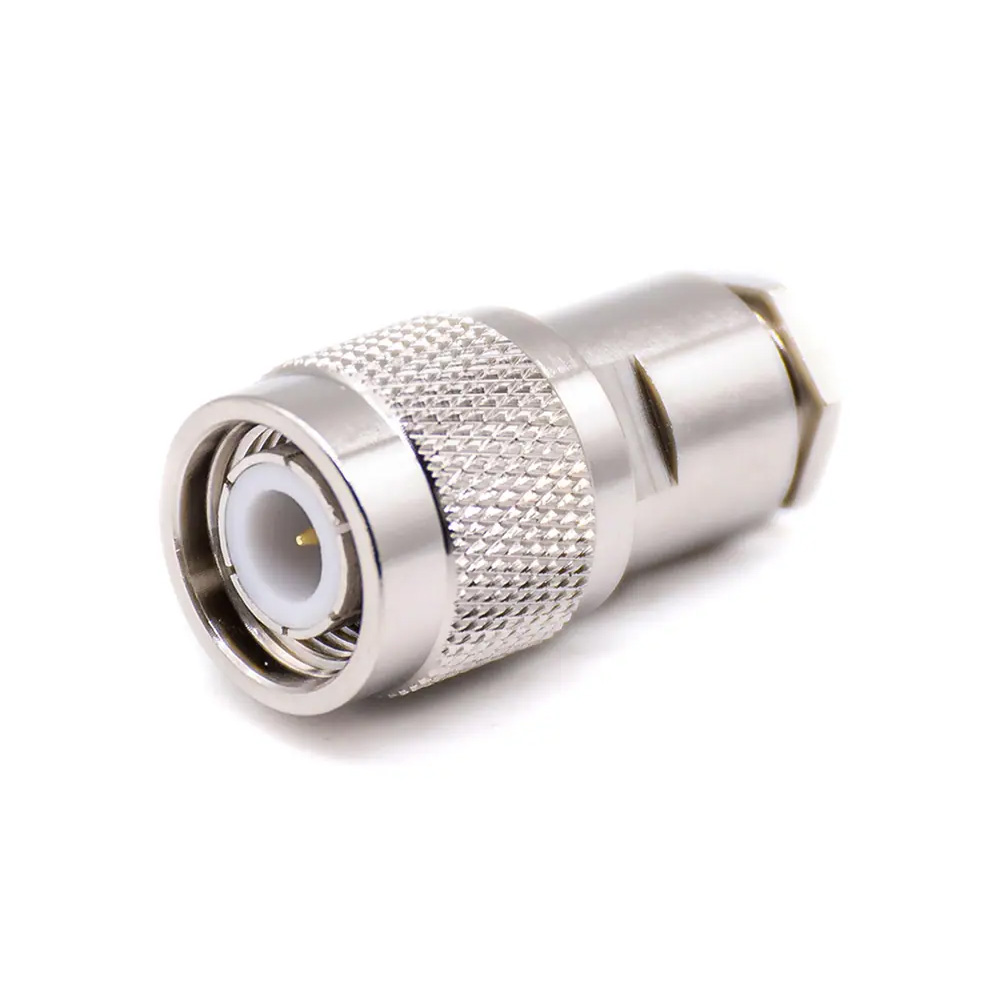
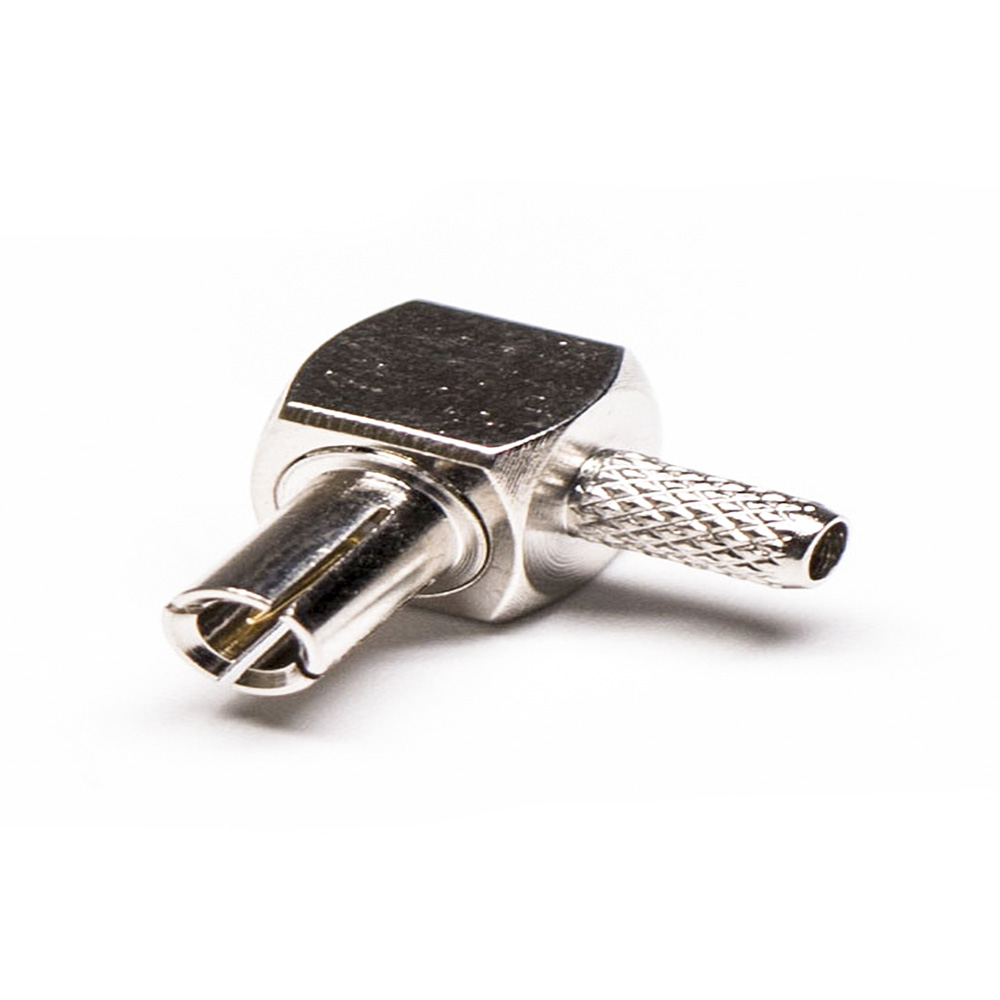
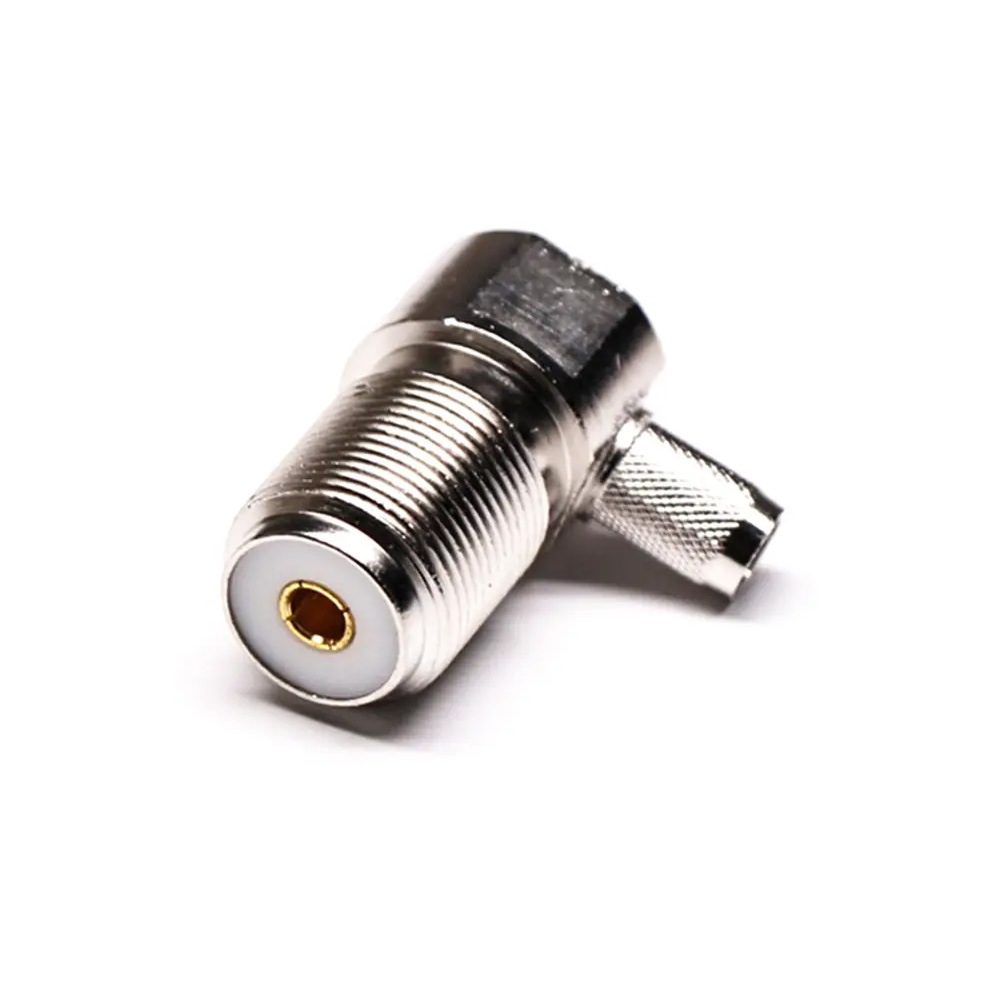
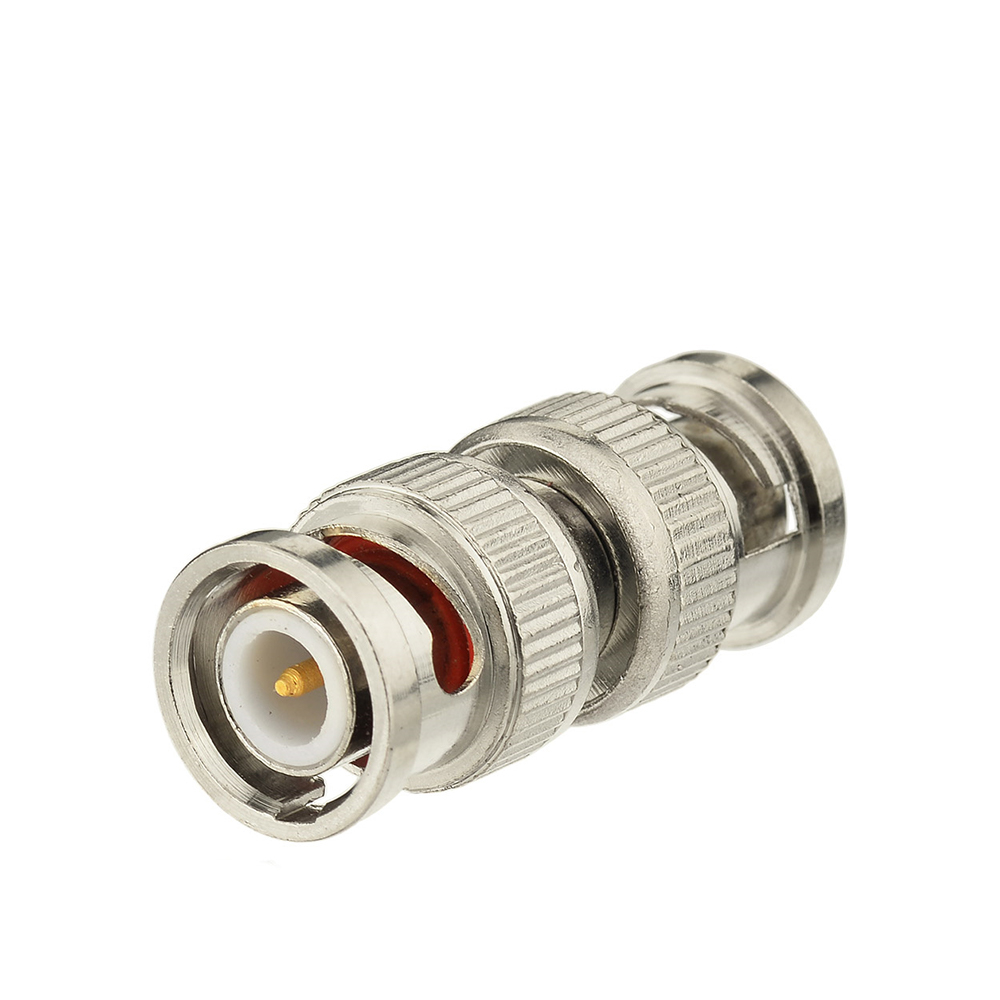
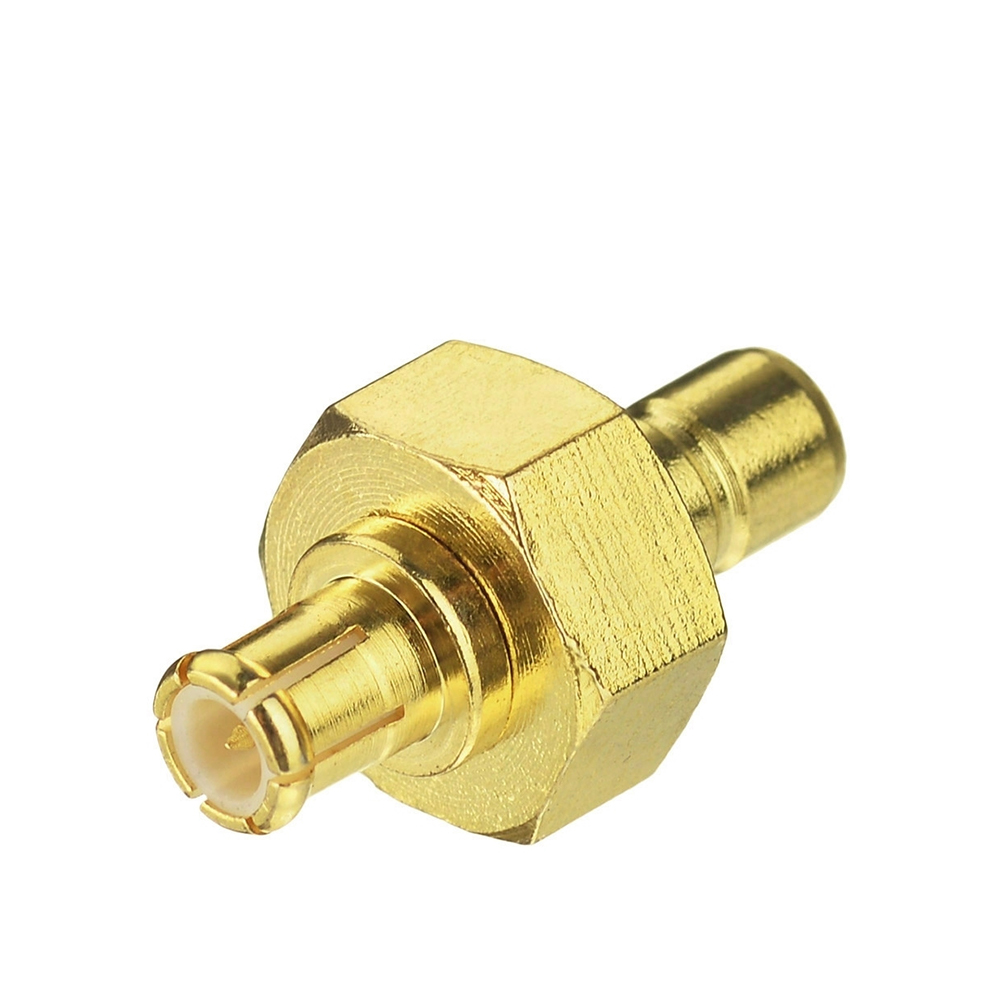
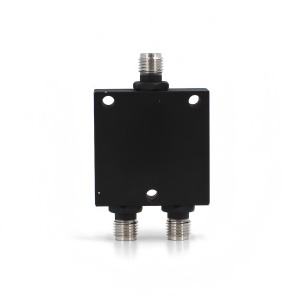
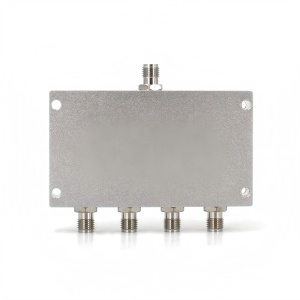
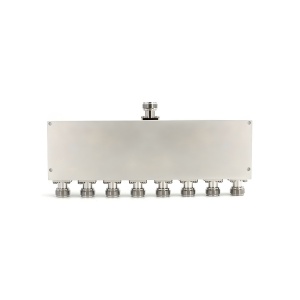
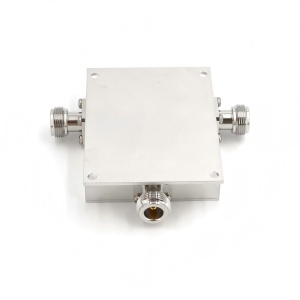
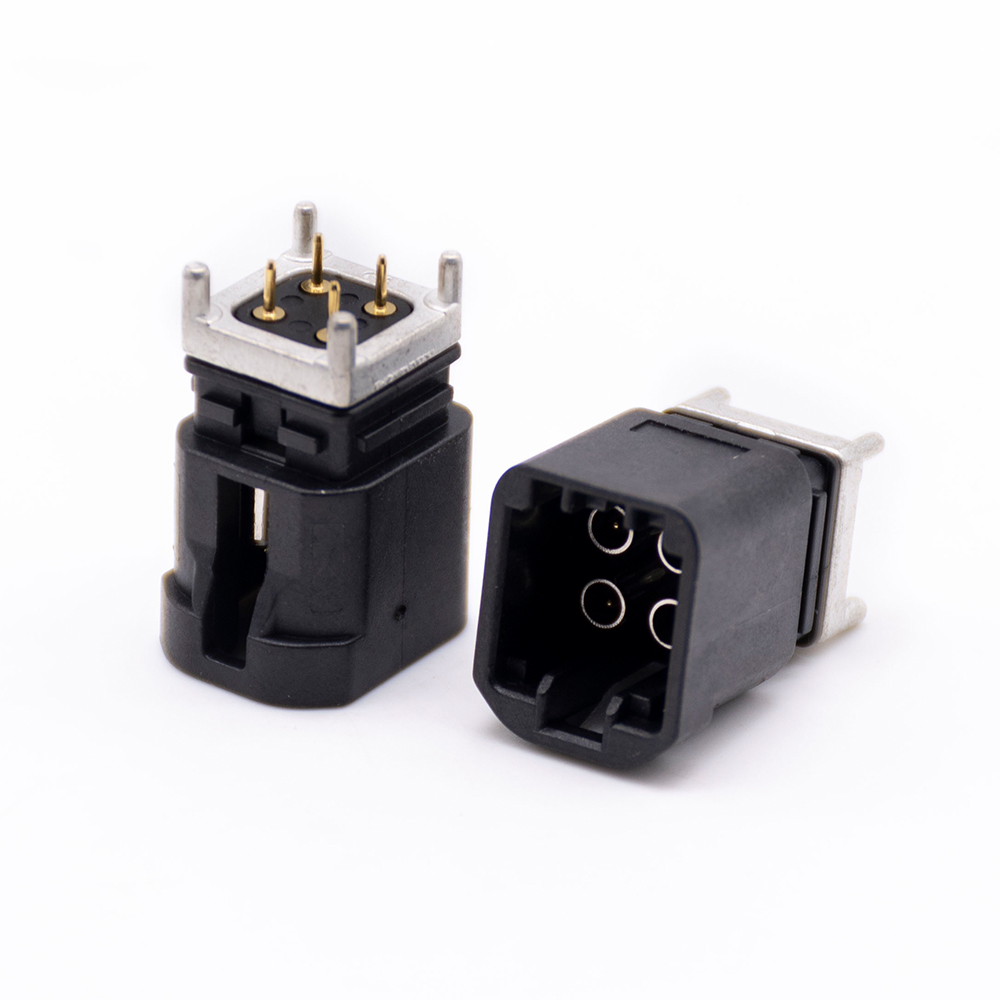
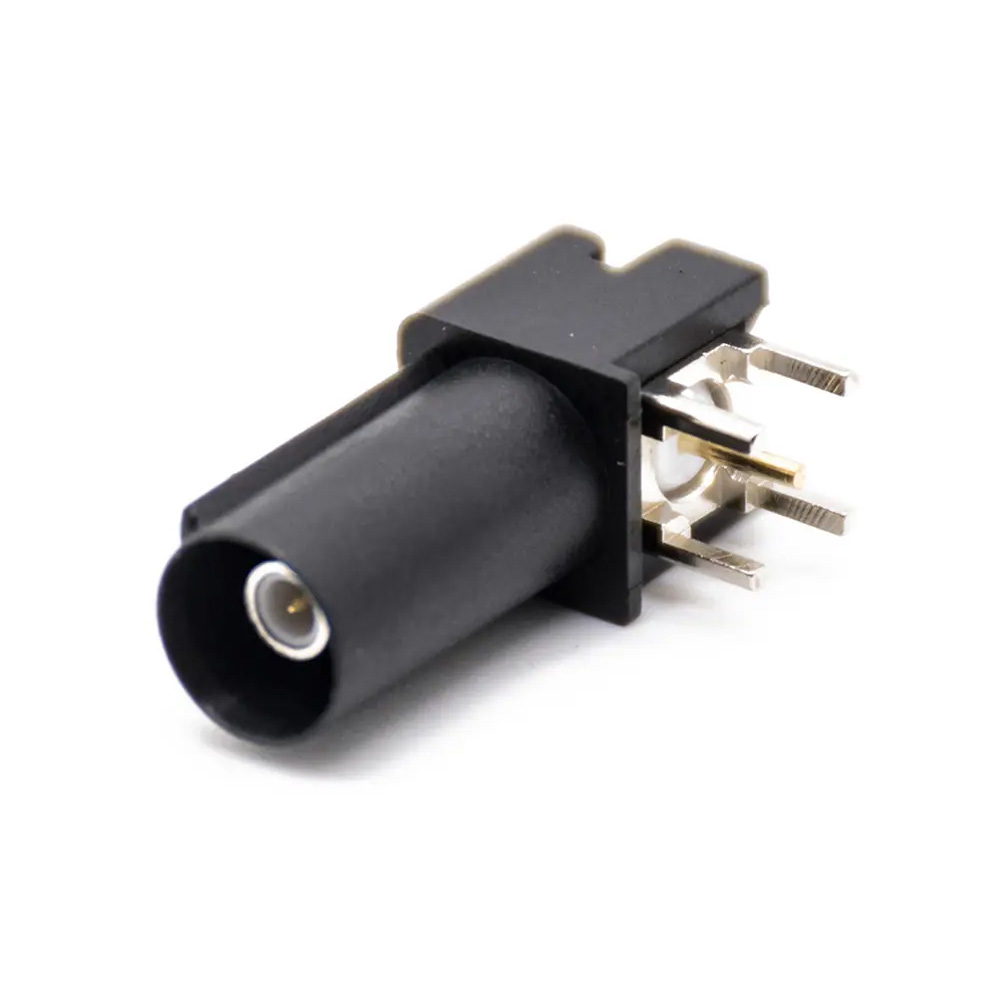
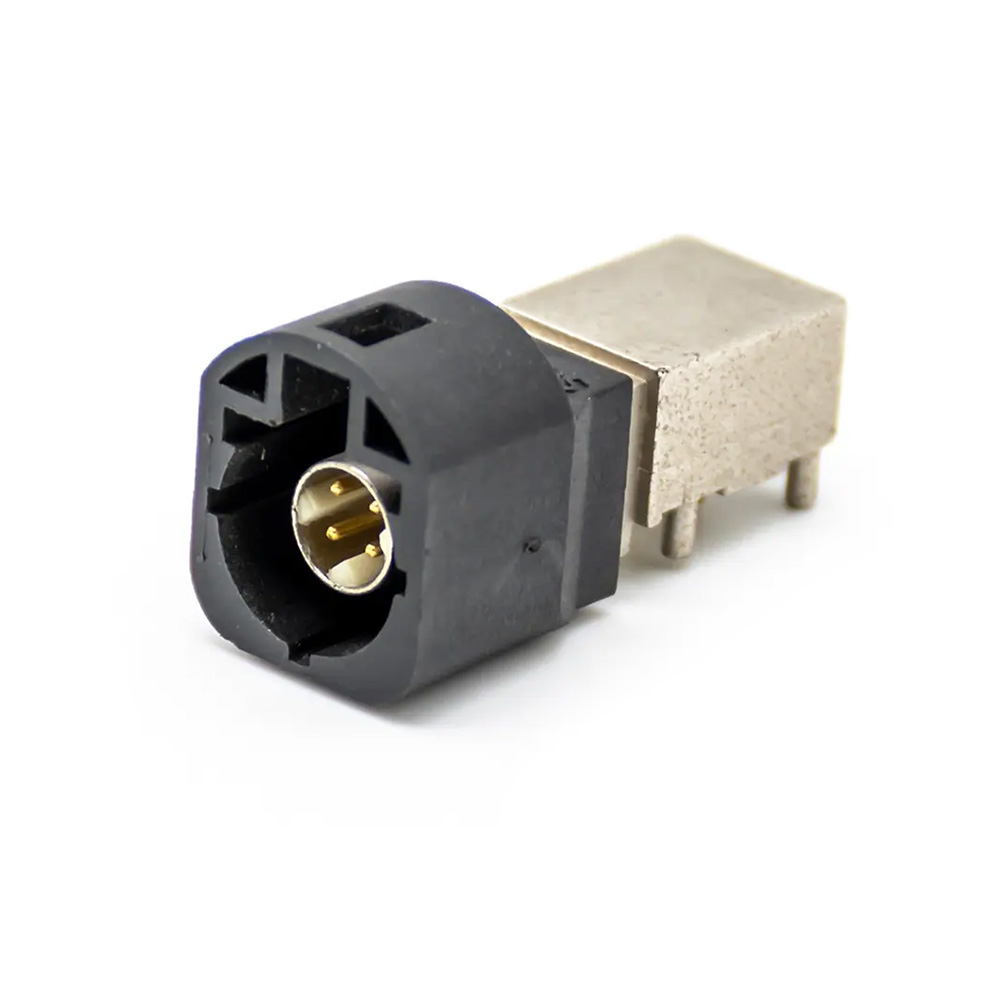
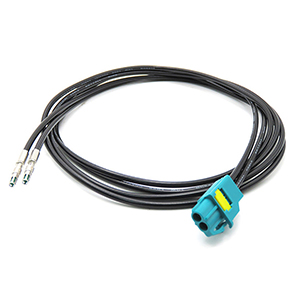
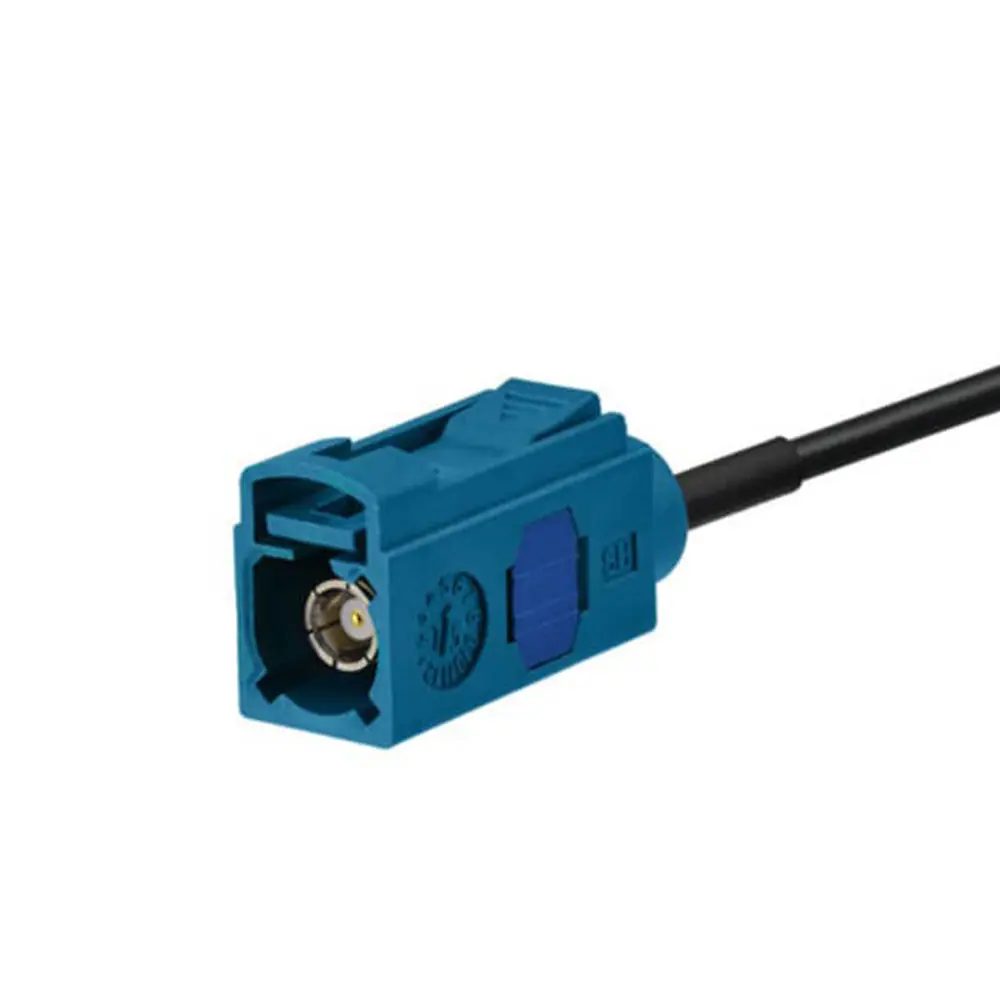
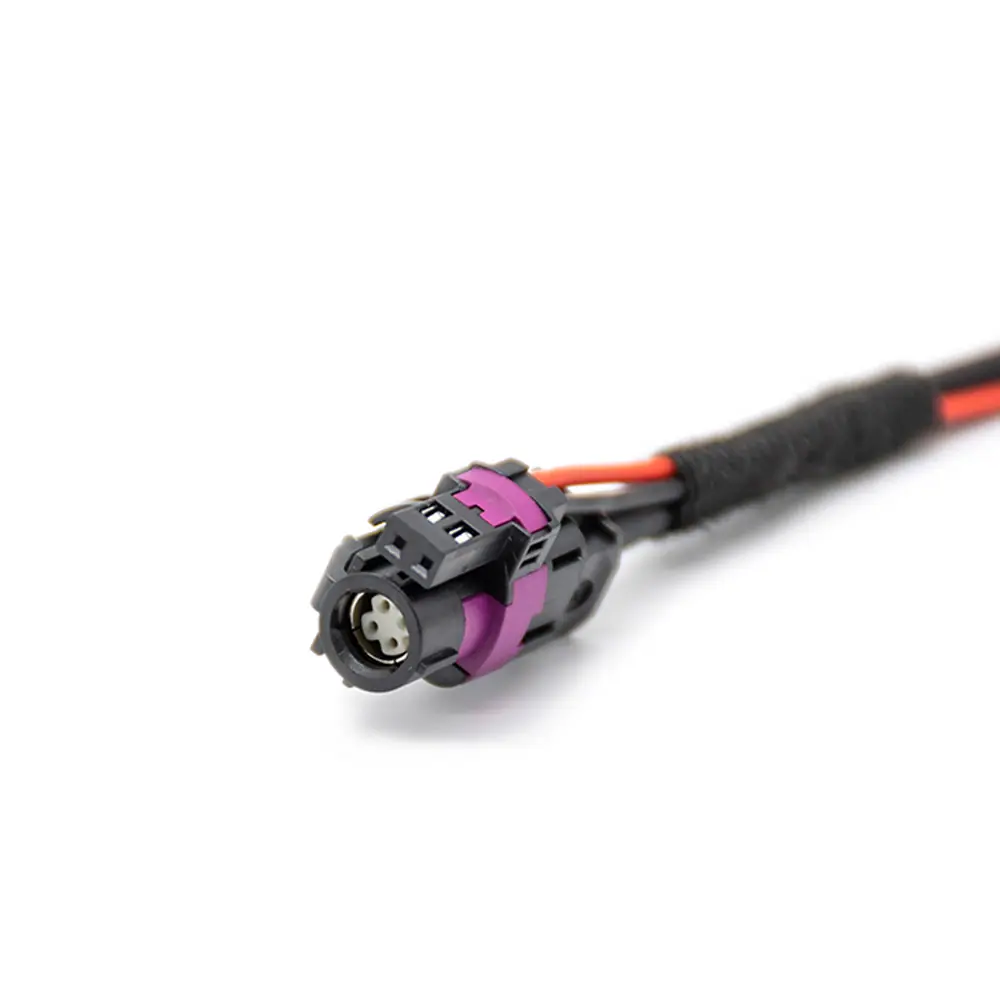
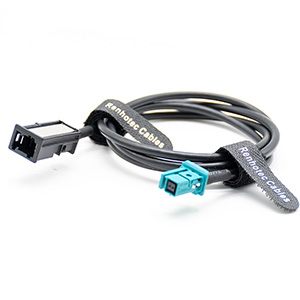


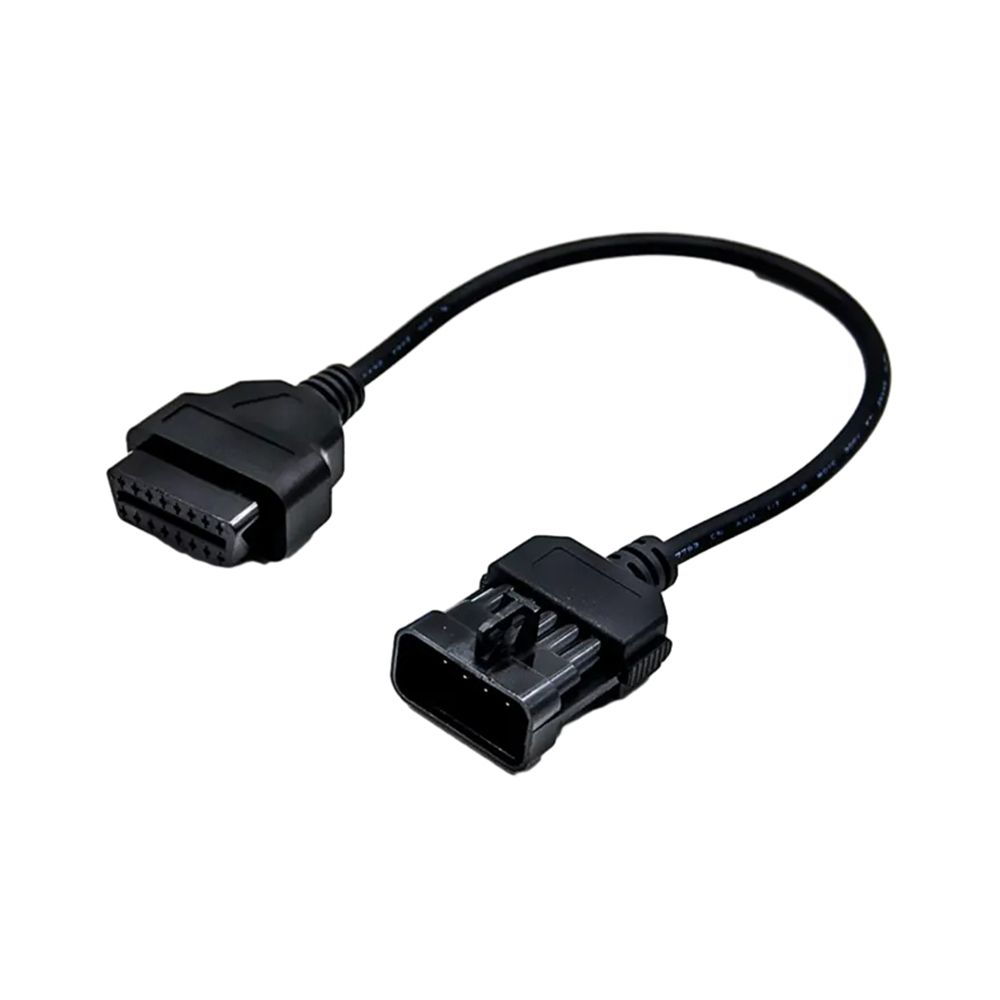
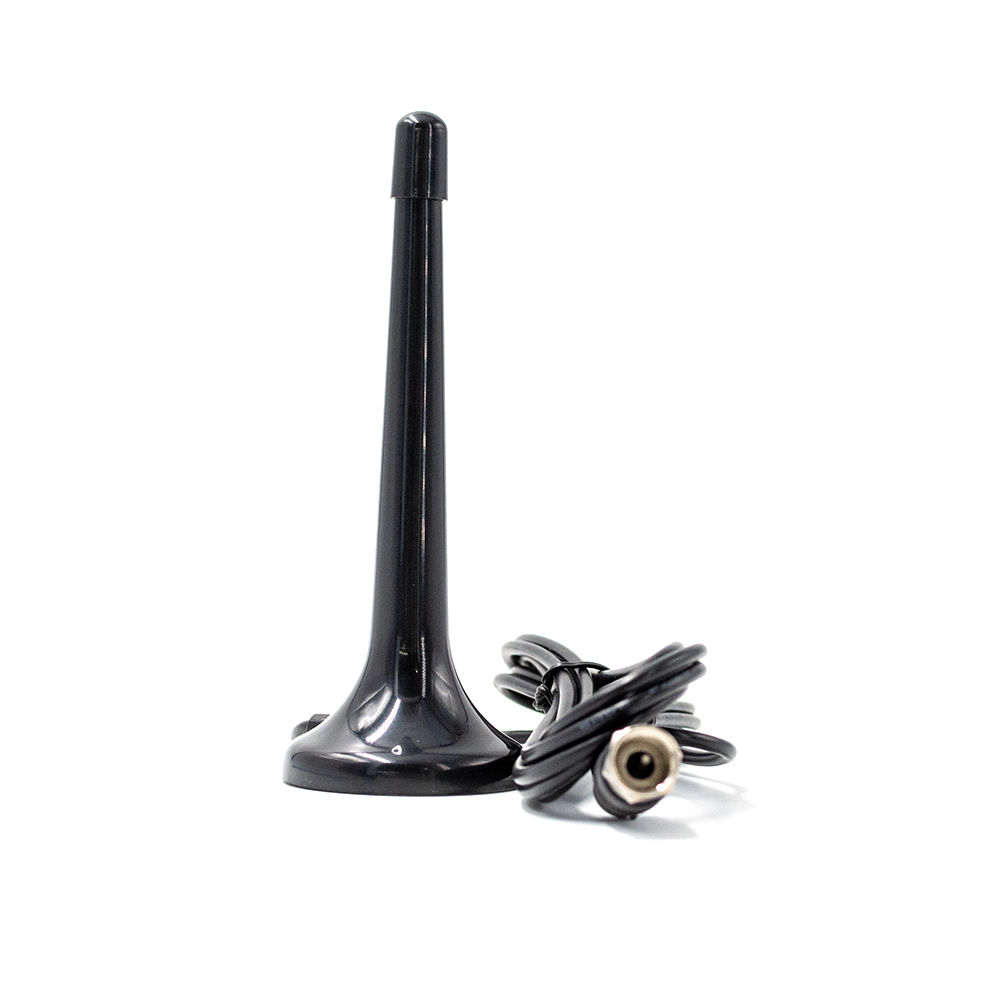
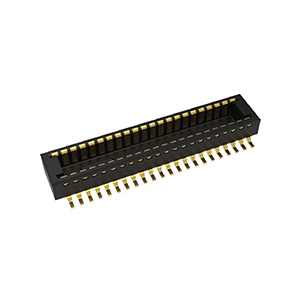


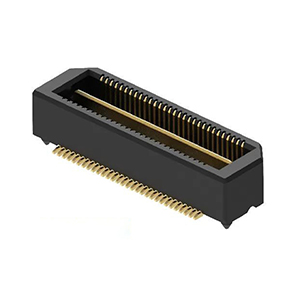
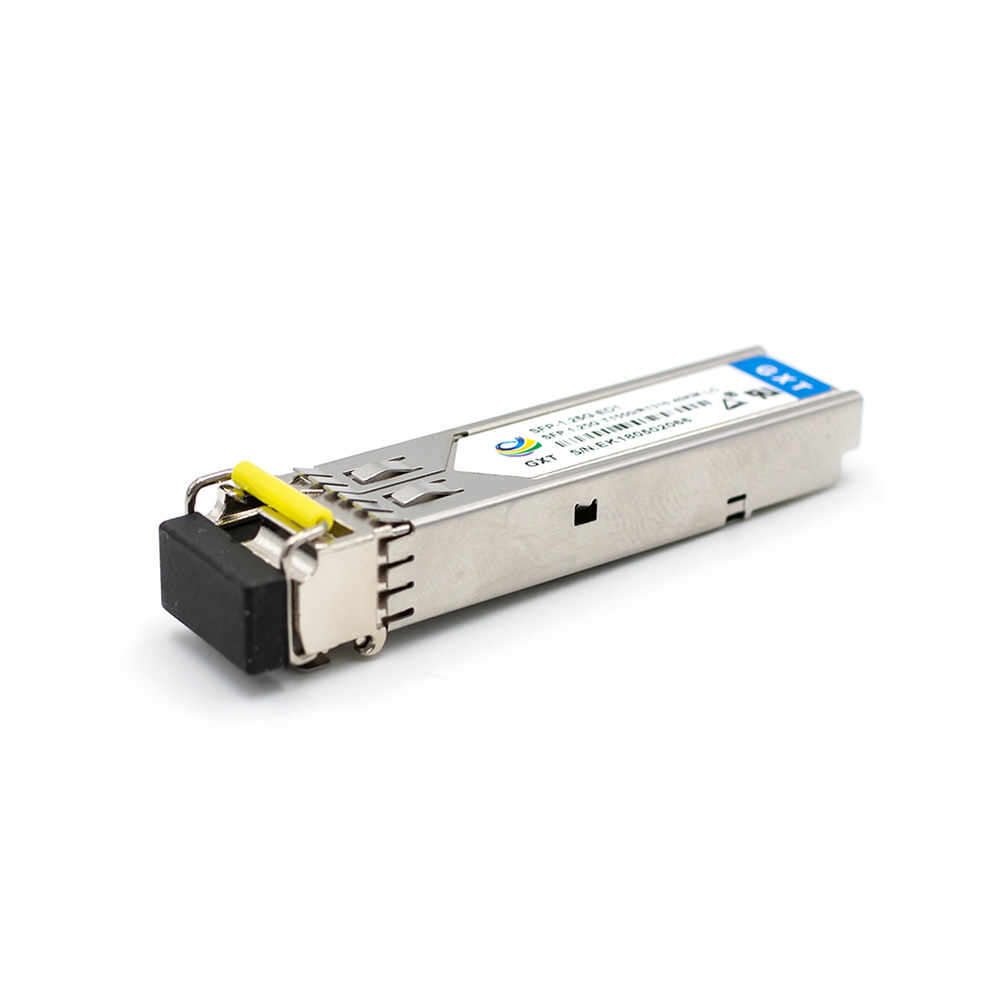
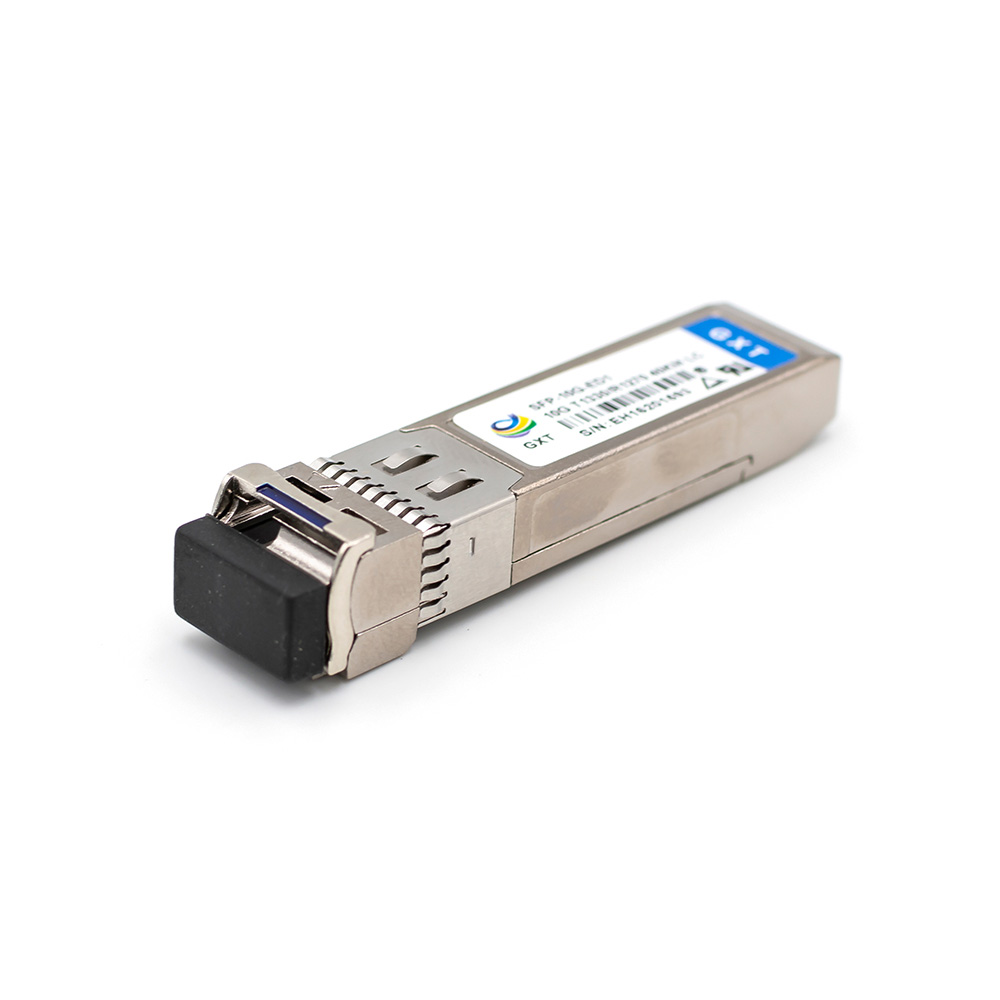
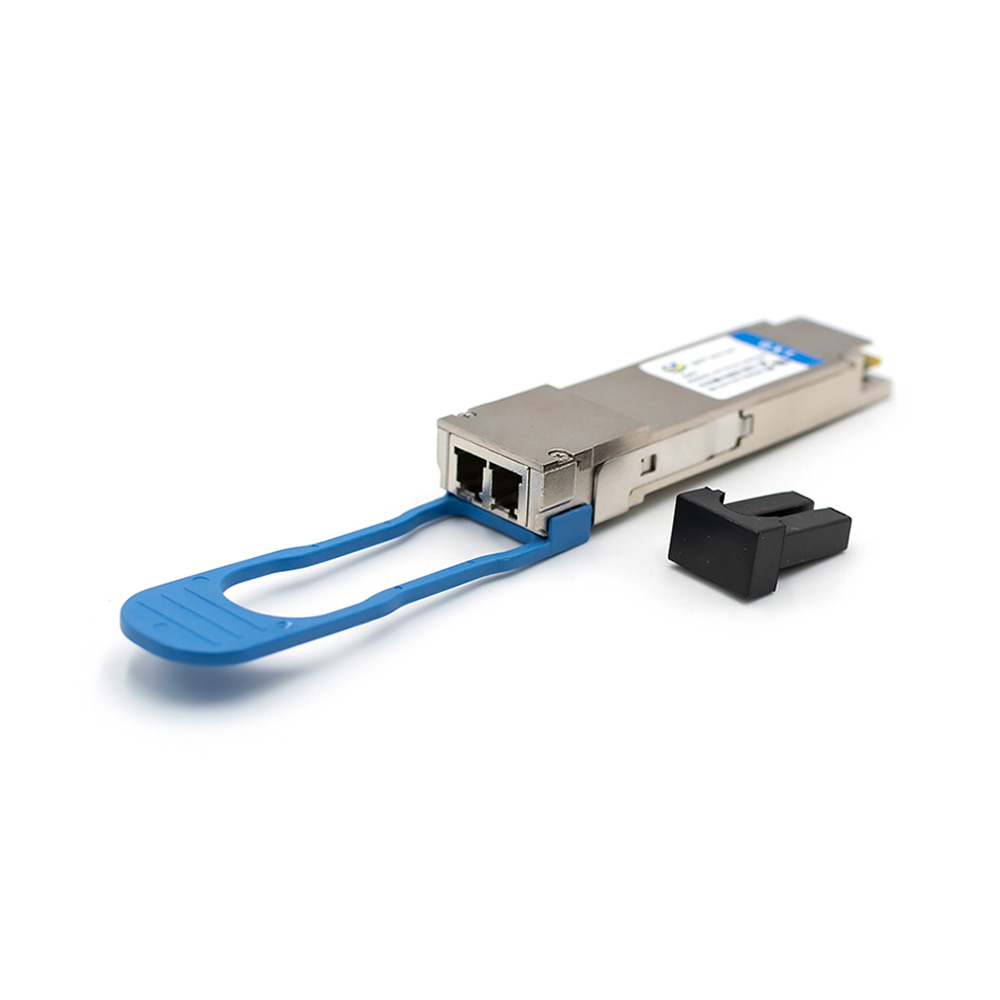
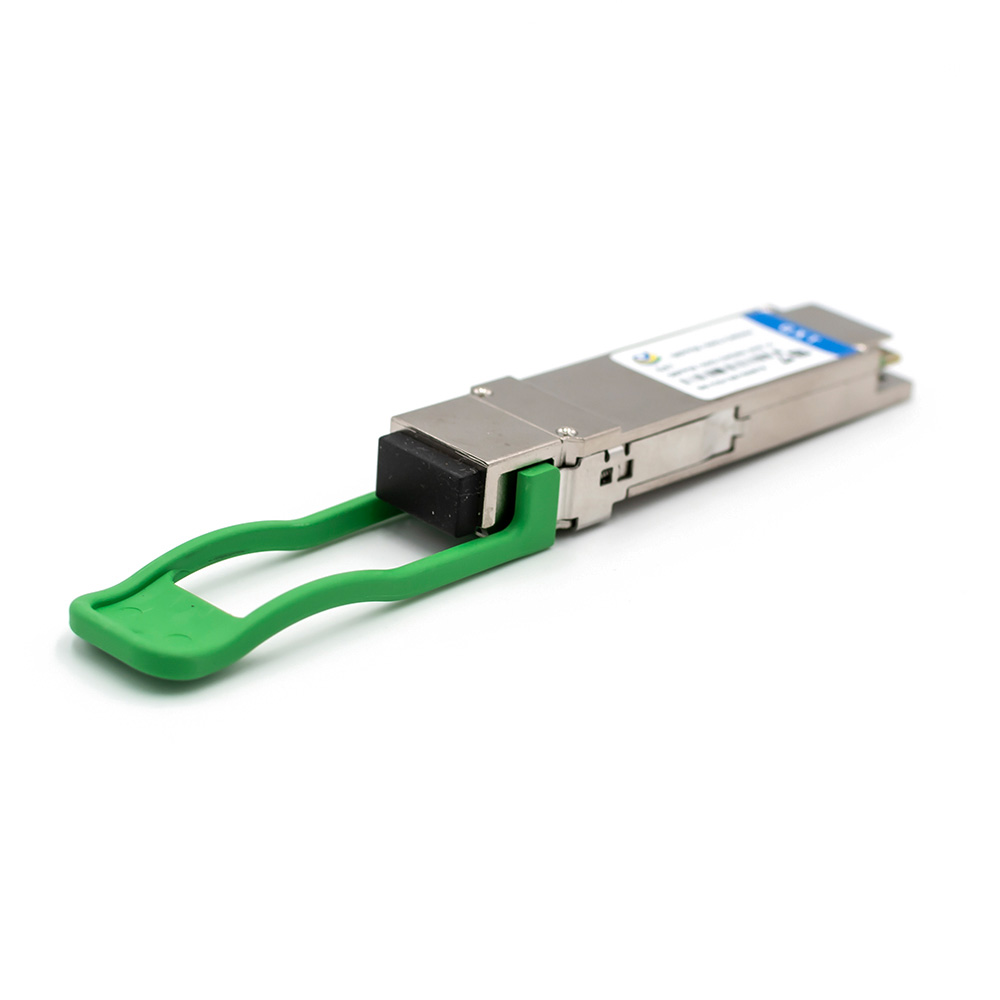
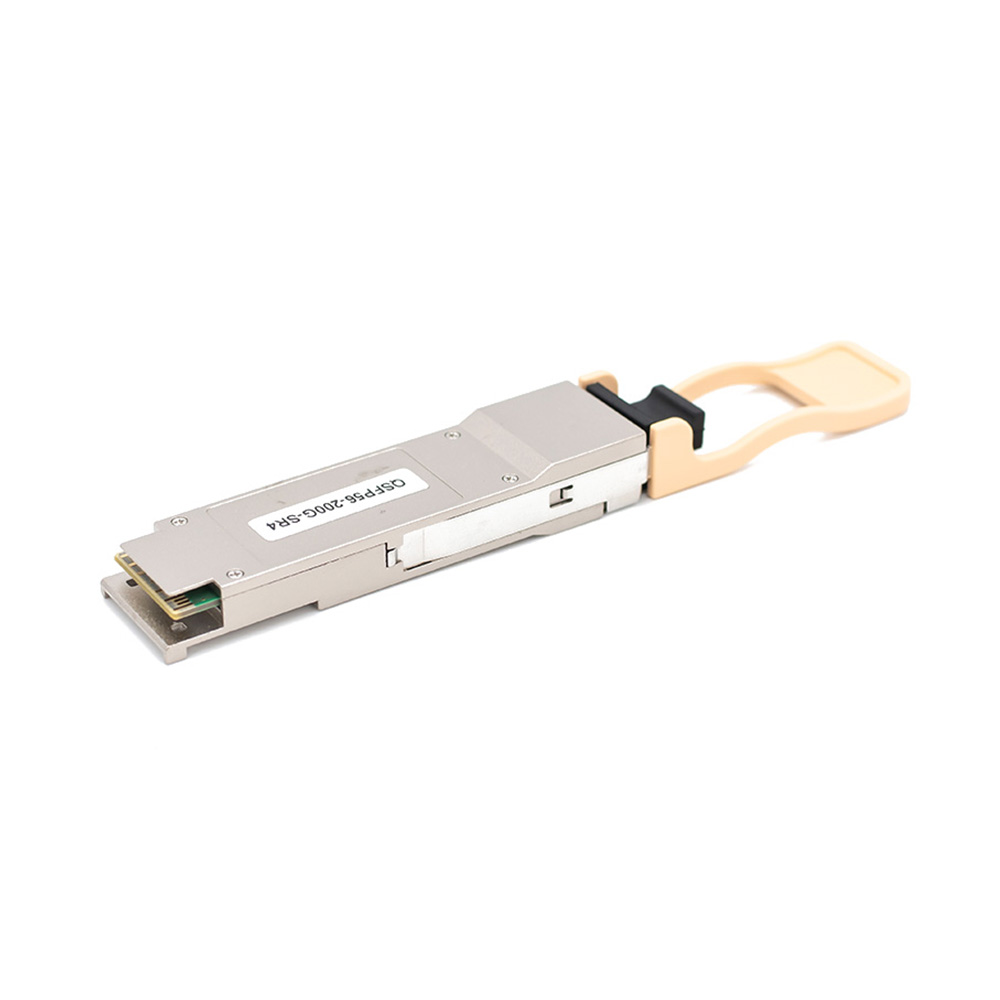
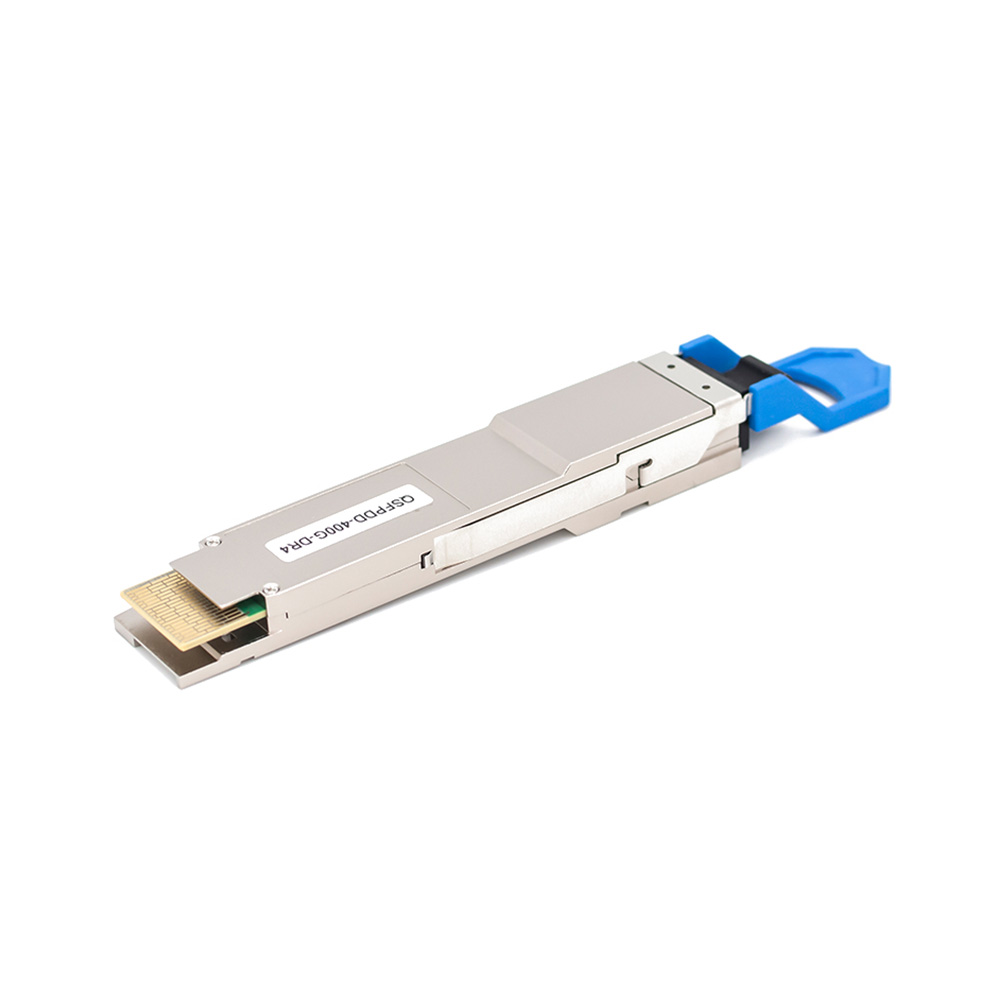
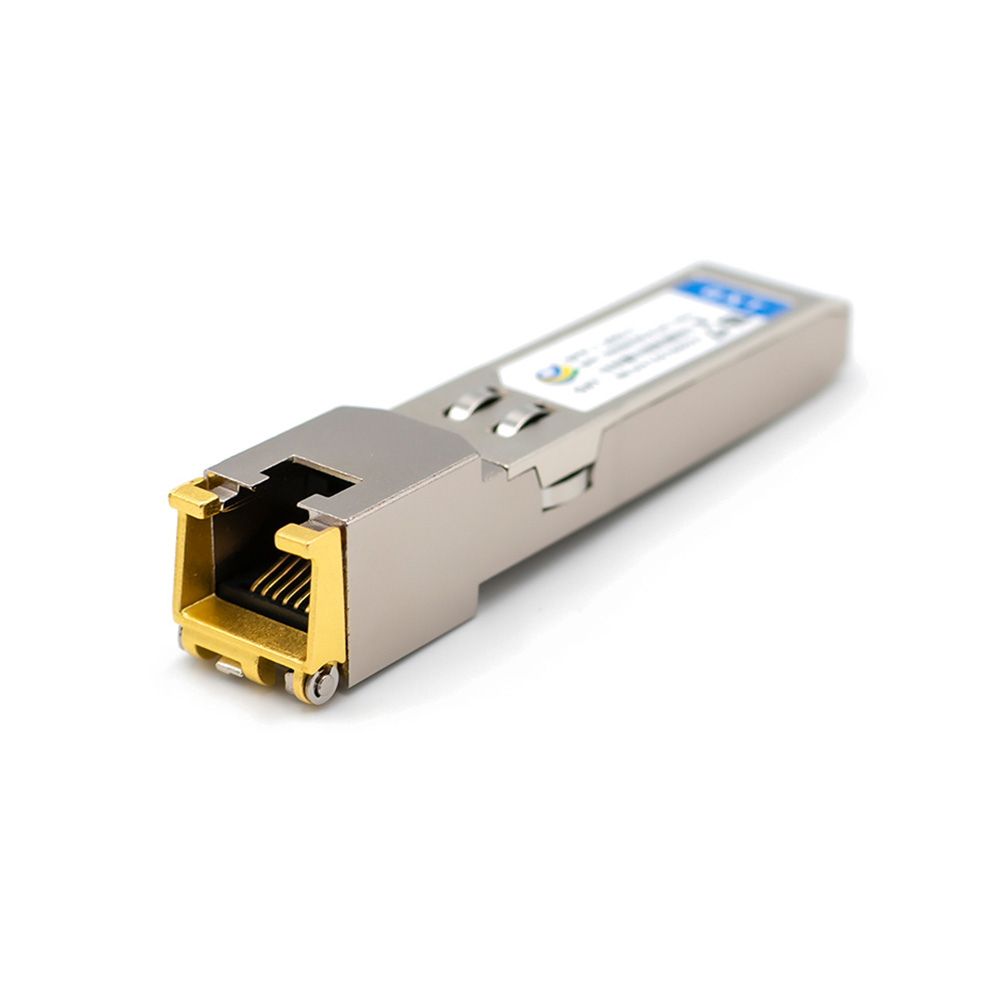
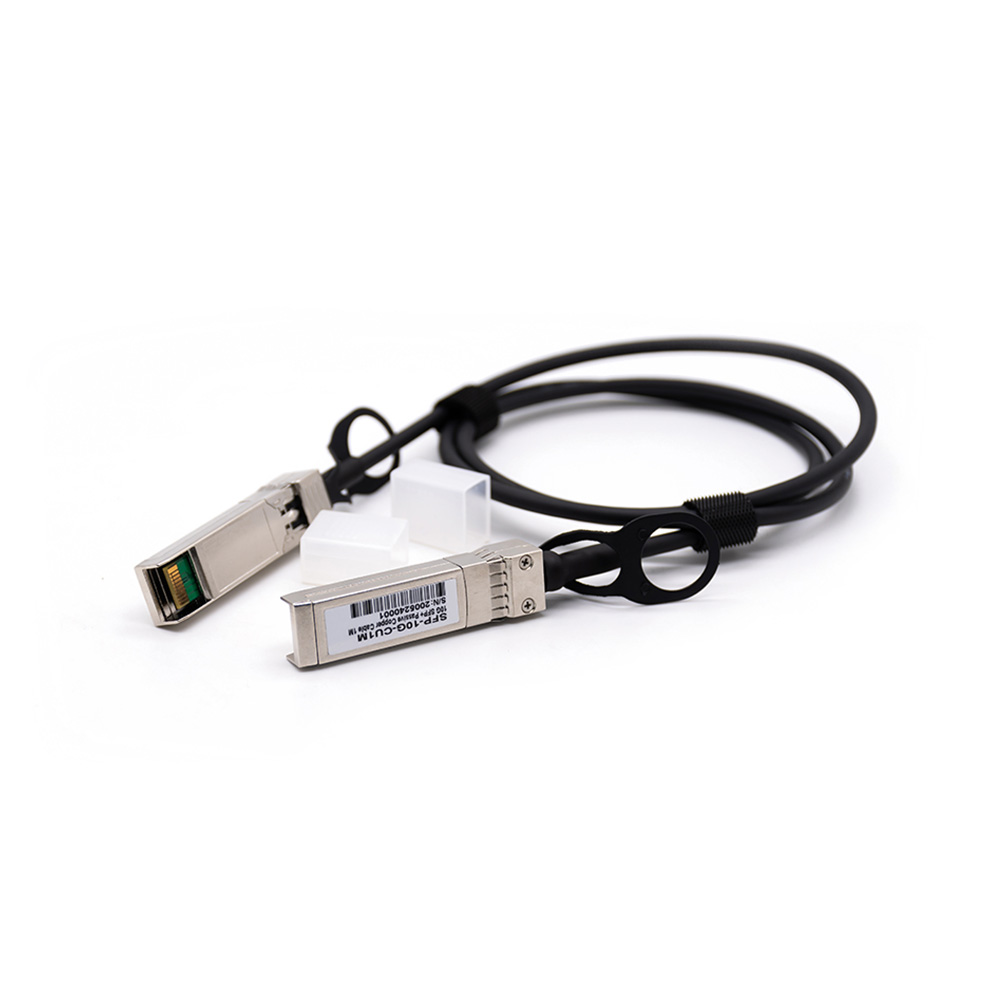



Hi
I need PC4TB CONNECTOR.
Would you please reply me.
Thanks
Sara